SHOWCASES
17
IndieLisboa, Lisboa
RETROSPECTIVE KAMAL ALJAFARI
May 23rd to June 2nd 2024
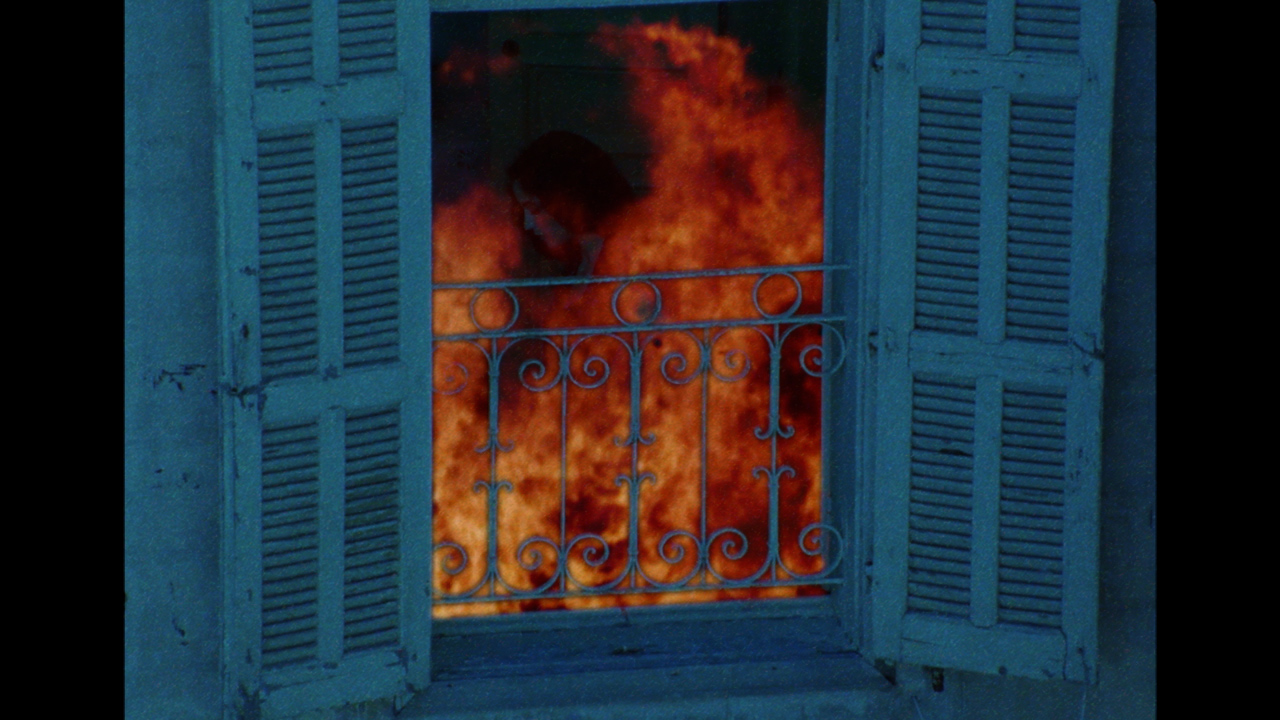
To what extent can the real and figurative materiality of an image become an abstraction or a spectrum? The issue evokes aesthetic and ethical problems that converge on a territory that is as real as it is abstract and ghostly: Palestine. In Aljafari’s cinema, Palestine becomes a shadow that runs faster than the body from which it emanates.
Over the course of a career spanning almost two decades, the Palestinian director and artist has undertaken a thorough investigation into the forms and politics of images, into what is seen and what has been made invisible, among material ruins and memorials interpolated in the editing room.
︎︎︎https://indielisboa.com/en/section/retrospective-kamal-aljafari/
Over the course of a career spanning almost two decades, the Palestinian director and artist has undertaken a thorough investigation into the forms and politics of images, into what is seen and what has been made invisible, among material ruins and memorials interpolated in the editing room.
︎︎︎https://indielisboa.com/en/section/retrospective-kamal-aljafari/
16
35th Bienal de São Paulo, Brazil
THE CAMERA OF THE DISPOSSESSED
September 6th to December 10th 2023
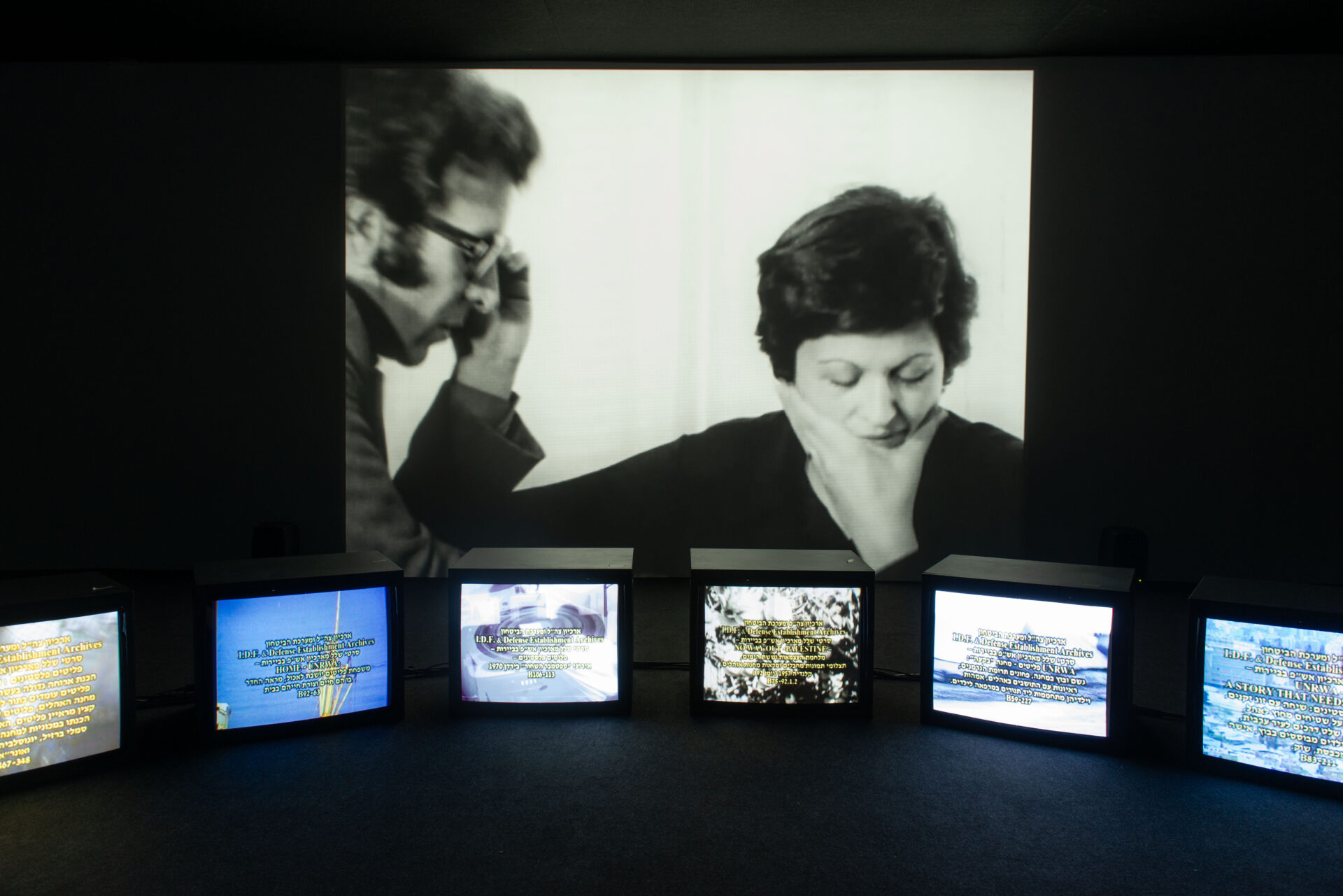
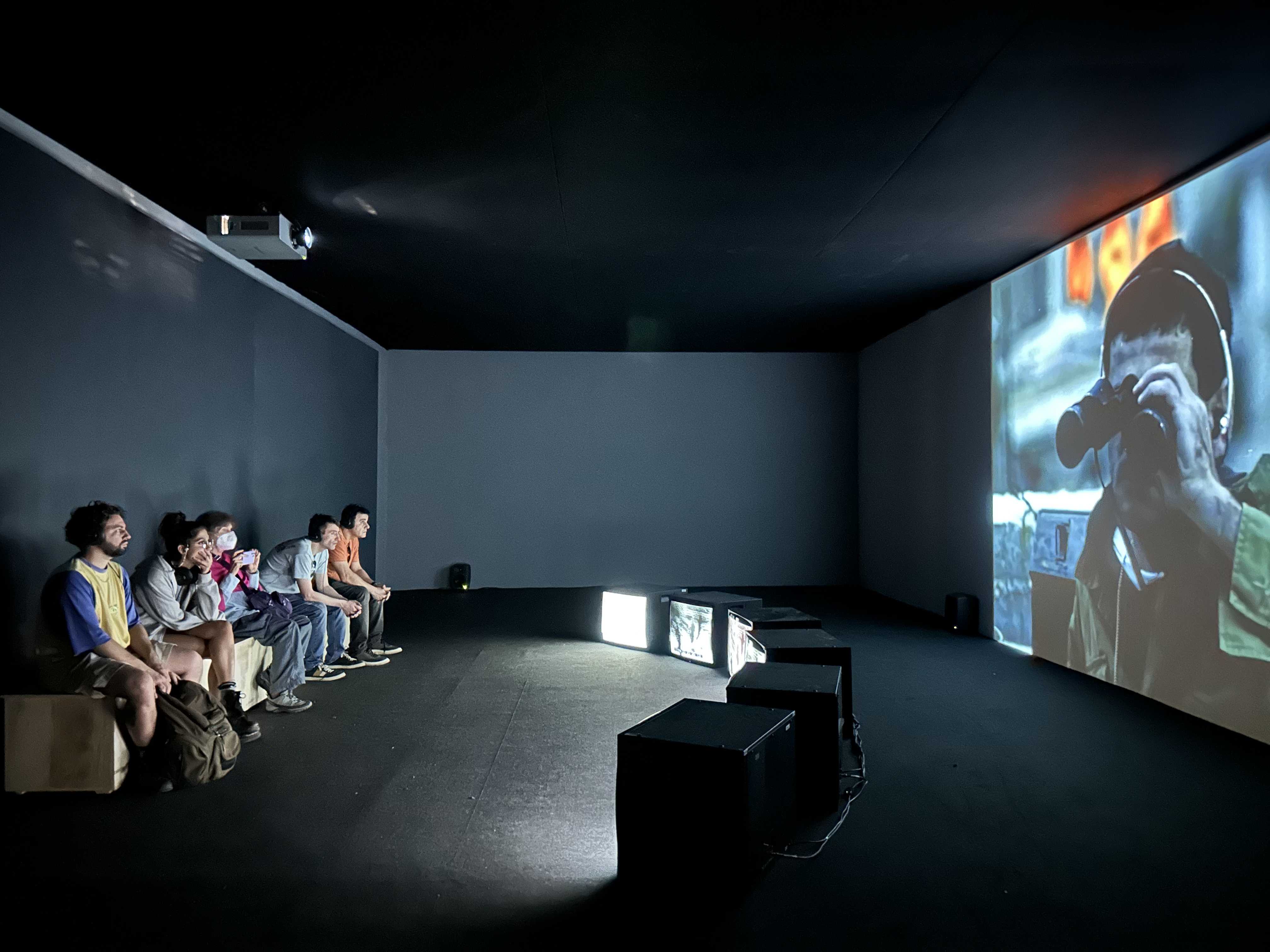
Kamal Aljafari’s work proceeds from a belief in and exploration of cinema’s power to bear witness. For a Palestinian artist working in the wake of the Nakba, one this may sound like a paradoxical statement. In Israeli hands, cinema has consistently served as a tool of colonization, removing Palestinians from representations of their own landscapes and urban spaces. In that sense, as Aljafari observes, Palestinian people have been doubly uprooted – in reality as well as in cinema.
But no dispossession is ever total. Like people, pixels also resist. In Recollection (2015), Aljafari engaged in a painstaking and brilliant effort to undo what he calls “cinematic occupation.” He mined three decades of Israeli fiction films shot in Jaffa, his hometown, for what their frames unwittingly preserve: the image of the city’s architecture as it once was, and the images of many Palestinians, including his family members, who accidentally appear in the background because they happened to walk by when a scene was being shot. Armed with a trust in low resolution imagery, he uses montage and image manipulation as cine-choreographic tools to bring these silent ghosts back to the foreground, to make spectral rep – resentation emerge out of its own impossibility.
In other projects, like Port of Memory (2010), Aljafari focuses on familiar and familial spaces where, in a sort of suspended time, the repetition of daily rituals appears as a way to stave off looming catastrophe. In The Camera of the Dispossessed (2023), his project for the Bienal de São Paulo, he experiments with the installation format, using juxtaposition, montage, and visual effects to critically re-appropriate historical footage looted from the Palestinian Research Center in Beirut by the Israeli army in 1982.
︎︎︎Omar Berrada
︎︎︎The Camera of the Dispossessed at São Paulo Bienal
But no dispossession is ever total. Like people, pixels also resist. In Recollection (2015), Aljafari engaged in a painstaking and brilliant effort to undo what he calls “cinematic occupation.” He mined three decades of Israeli fiction films shot in Jaffa, his hometown, for what their frames unwittingly preserve: the image of the city’s architecture as it once was, and the images of many Palestinians, including his family members, who accidentally appear in the background because they happened to walk by when a scene was being shot. Armed with a trust in low resolution imagery, he uses montage and image manipulation as cine-choreographic tools to bring these silent ghosts back to the foreground, to make spectral rep – resentation emerge out of its own impossibility.
In other projects, like Port of Memory (2010), Aljafari focuses on familiar and familial spaces where, in a sort of suspended time, the repetition of daily rituals appears as a way to stave off looming catastrophe. In The Camera of the Dispossessed (2023), his project for the Bienal de São Paulo, he experiments with the installation format, using juxtaposition, montage, and visual effects to critically re-appropriate historical footage looted from the Palestinian Research Center in Beirut by the Israeli army in 1982.
︎︎︎Omar Berrada
︎︎︎The Camera of the Dispossessed at São Paulo Bienal
15
EXiS – Experimental Film Festival, Seoul, Korea
INDI-VISUAL 4~7, 카말 알자파리
July 2022
Retrospective as part of the Indi-Visual 4–7 and jury during EXiS – Experimental Film Festival and screening of An Unusual Summer, It’s A Long Way From Amphioxus, Recollection, Port of Memory and The Roof.
︎︎︎Kamal Aljafari Retrospective: INDI-VISUAL 4~7. EXiS – Experimental Film Festival
︎︎︎Kamal Aljafari Retrospective: INDI-VISUAL 4~7. EXiS – Experimental Film Festival
14
Dazibao, Montréal (Québec)
MOVING NARRATIVES: IMAGES DE PALESTINE
November 11th 2021 to January 15th 2022
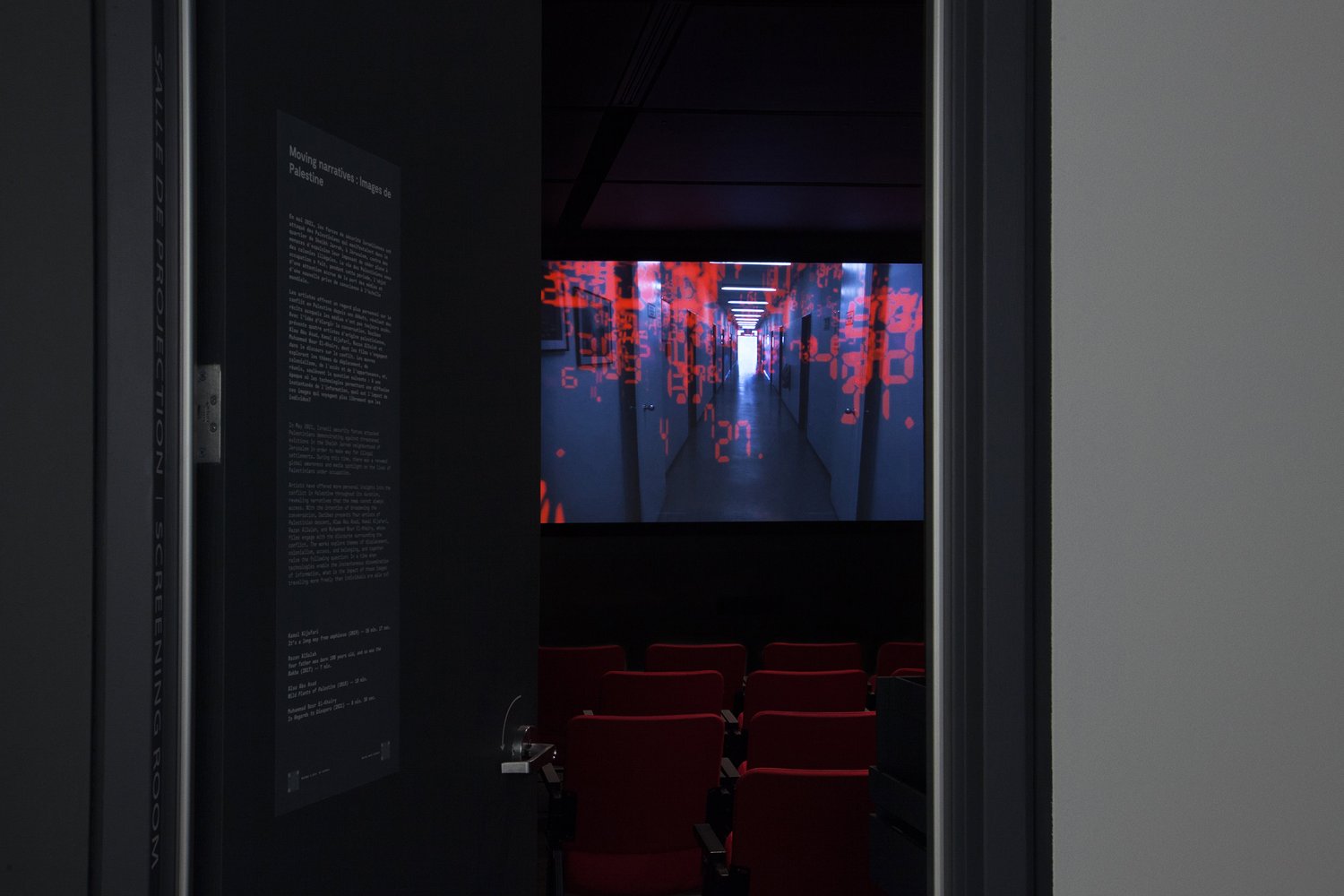
In May 2021, Israeli security forces attacked Palestinians demonstrating against threatened evictions in the Sheikh Jarrah neighborhood of Jerusalem in order to make way for illegal settlements. During this time, there was a renewed global awareness and media spotlight on the lives of Palestinians under occupation.
Artists have offered more personal insights into the conflict in Palestine throughout its duration, revealing narratives that the news cannot always access. With the intention of broadening the conversation, Dazibao presents four artists of Palestinian descent, Alaa Abu Asad, Kamal Aljafari, Razan AlSalah, and Muhammad Nour El-Khairy, whose films engage with the discourse surrounding the conflict. The works explore themes of displacement, colonialism, access, and belonging, and together raise the following question: In a time when technologies enable the instantaneous dissemination of information, what is the impact of these images traveling more freely than individuals are able to?
︎︎︎Moving narratives: Images de Palestine, Alaa Abu Asad, Kamal Aljafari, Razan AlSalah and Muhammad Nour –– Dazibao
Artists have offered more personal insights into the conflict in Palestine throughout its duration, revealing narratives that the news cannot always access. With the intention of broadening the conversation, Dazibao presents four artists of Palestinian descent, Alaa Abu Asad, Kamal Aljafari, Razan AlSalah, and Muhammad Nour El-Khairy, whose films engage with the discourse surrounding the conflict. The works explore themes of displacement, colonialism, access, and belonging, and together raise the following question: In a time when technologies enable the instantaneous dissemination of information, what is the impact of these images traveling more freely than individuals are able to?
︎︎︎Moving narratives: Images de Palestine, Alaa Abu Asad, Kamal Aljafari, Razan AlSalah and Muhammad Nour –– Dazibao
13
Spoutnik & Grütli, Genève
PALESTINE FILMER C’EST EXISTER
November 2021
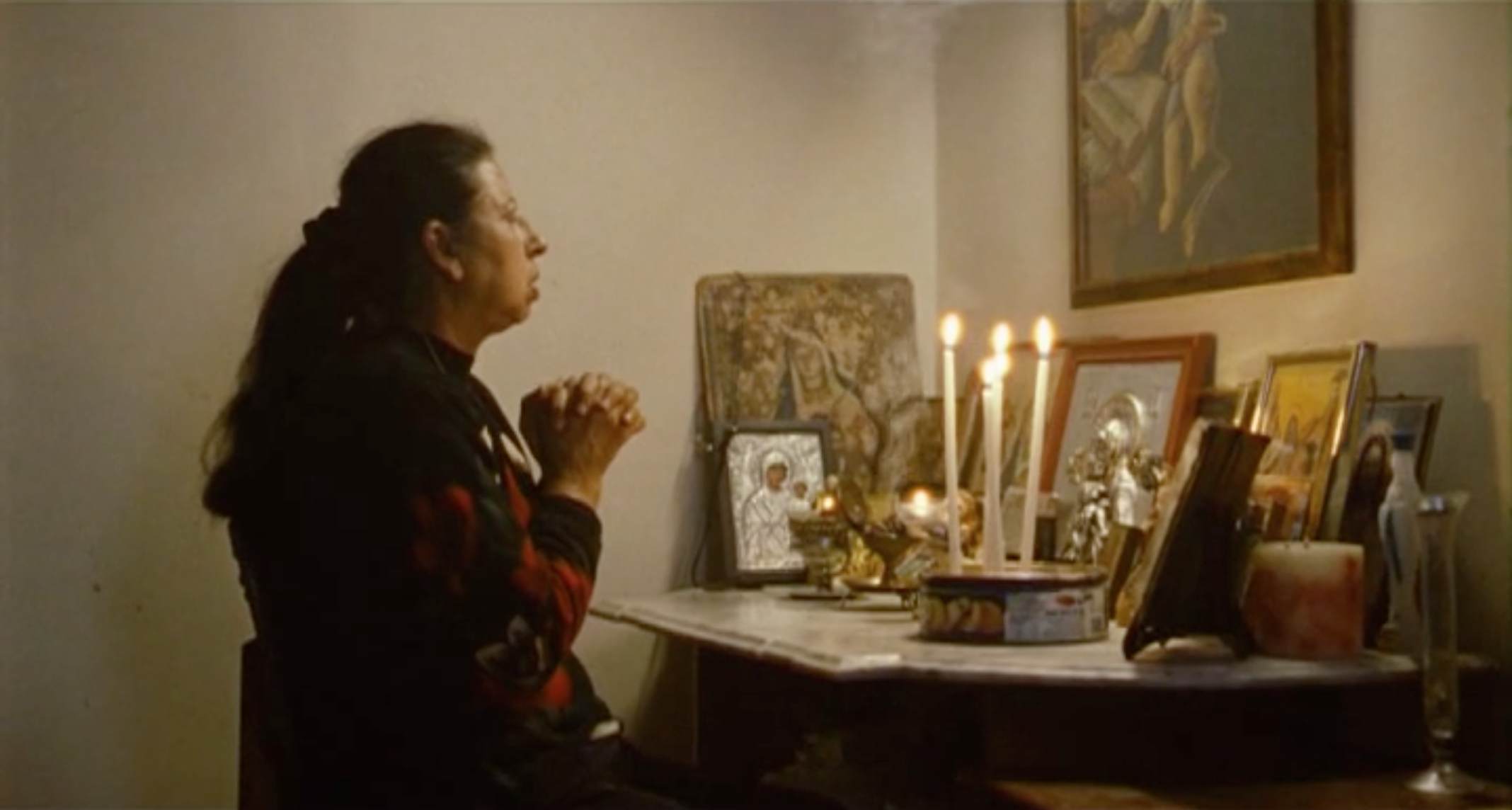
«En Palestine, le documentaire est nécessaire: si on ne capture pas une situation, elle disparaît peu à peu. Mais une partie de moi souhaite toujours faire un pas de côté par rapport à la réalité pour créer quelque chose de plus artistique».
KAMAL ALJAFARI est un artiste palestinien, connu par tout dans le monde, non seulement pour ses films mais aussi pour ses expositions. Il est né en 1972 et a grandi à Ramle et Jaffa (en Israël depuis 1948). Diplômé de l'Académie des Arts multimédias de Cologne, il est aussi passé par Harvard en tant que membre du Film Study Center-Radcliffe Fellow. De 2011 à 2013, il est conférencier et directeur de programme à l'Académie allemande du film et de la télévision à Berlin, où il vit encore aujourd'hui. Il est lauréat de plusieurs bourses en art et ses films ont reçu de nombreux prix. Face à la volonté israélienne d'effacement des Pales tinien.ne.s, il explore les manières de reconstruire la mémoire. Sa démarche cinématographique, inspirée de la Nouvelle Vague, déroute: ses images ne sont pas vraiment les siennes, il les dérobe à d'autres films - israéliens le plus souvent - pour mieux les détourner, les re-signifier.
«C'est pour moi un acte politique, je n'ai pas à demander si j'ai le droit ou non de m'en servir. Eux n'ont jamais demandé. Je ne leur dois rien du tout. D'ailleurs, on devrait pouvoir tout utiliser et réutiliser pour s'exprimer comme on le souhaite. Ce qu'on veut montrer avec les images, ne dépend que de nous».
The Roof (2006), Port of Memory (2010) et Recollection (2015) ont été pensés par le réalisateur comme «des actes de justice cinématographique... contre l'occupation cinématographique israélienne». An Unusual Summer (2020) poursuit son travail de mémoire, d'exploration artistique et fondamentalement politique.
︎︎︎Focus Kamal Aljafari, Palestine Filmer C’est Exister [PDF]
MASTERCLASS
Palestine Filmer C’est Exister. Rencontres cinématographiques at Spoutnik & Grütli, Genève. Cette masterclass est organisée en collaboration avec la HEAD Cinéma Genève et sera animée en anglais par le réalisateur suisse et directeur de la HEAD Cinéma, Nicolas Wadimoff.
︎︎︎Masterclass avec Kamal Aljafari, Palestine Filmer C’est Exister
KAMAL ALJAFARI est un artiste palestinien, connu par tout dans le monde, non seulement pour ses films mais aussi pour ses expositions. Il est né en 1972 et a grandi à Ramle et Jaffa (en Israël depuis 1948). Diplômé de l'Académie des Arts multimédias de Cologne, il est aussi passé par Harvard en tant que membre du Film Study Center-Radcliffe Fellow. De 2011 à 2013, il est conférencier et directeur de programme à l'Académie allemande du film et de la télévision à Berlin, où il vit encore aujourd'hui. Il est lauréat de plusieurs bourses en art et ses films ont reçu de nombreux prix. Face à la volonté israélienne d'effacement des Pales tinien.ne.s, il explore les manières de reconstruire la mémoire. Sa démarche cinématographique, inspirée de la Nouvelle Vague, déroute: ses images ne sont pas vraiment les siennes, il les dérobe à d'autres films - israéliens le plus souvent - pour mieux les détourner, les re-signifier.
«C'est pour moi un acte politique, je n'ai pas à demander si j'ai le droit ou non de m'en servir. Eux n'ont jamais demandé. Je ne leur dois rien du tout. D'ailleurs, on devrait pouvoir tout utiliser et réutiliser pour s'exprimer comme on le souhaite. Ce qu'on veut montrer avec les images, ne dépend que de nous».
The Roof (2006), Port of Memory (2010) et Recollection (2015) ont été pensés par le réalisateur comme «des actes de justice cinématographique... contre l'occupation cinématographique israélienne». An Unusual Summer (2020) poursuit son travail de mémoire, d'exploration artistique et fondamentalement politique.
︎︎︎Focus Kamal Aljafari, Palestine Filmer C’est Exister [PDF]
MASTERCLASS
Palestine Filmer C’est Exister. Rencontres cinématographiques at Spoutnik & Grütli, Genève. Cette masterclass est organisée en collaboration avec la HEAD Cinéma Genève et sera animée en anglais par le réalisateur suisse et directeur de la HEAD Cinéma, Nicolas Wadimoff.
︎︎︎Masterclass avec Kamal Aljafari, Palestine Filmer C’est Exister
12
10th edition of Olhar de Cinema – Brazil
FOCUS ON KAMAL ALJAFARI
June 1st to 9th 2021

Nesta edição, a mostra Foco destaca o trabalho do cineasta palestino Kamal Aljafari, cujo último longa-metragem, Um Verão Incomum (An Unusual Summer) faz sua estreia brasileira no 10º Olhar de Cinema depois de circular pelos mais importantes festivais do mundo.
LINKS
︎︎︎Interview: Kamal Aljafari in conversation with Natalie
︎︎︎FOCUS on Kamal Aljafari, Olhar de Cinema
︎︎︎FOCUS on Kamal Aljafari, Olhar de Cinema [PDF]
MASTERCLASS
Talk with Kamal Aljafari, available in English and Portuguese.
LINKS
︎︎︎Interview: Kamal Aljafari in conversation with Natalie
︎︎︎FOCUS on Kamal Aljafari, Olhar de Cinema
︎︎︎FOCUS on Kamal Aljafari, Olhar de Cinema [PDF]
MASTERCLASS
Talk with Kamal Aljafari, available in English and Portuguese.
11
SQ21 / Sicilia Queer Film Fest 2021
LE NUOVE LEZIONI SICILIANE
June 2021

Una settimana di incontri, proiezioni e discussioni attorno al cinema del regista palestinese Kamal Aljafari, in dialogo con dodici studenti internazionali, che parteciperanno al workshop a Palermo con il regista, e con critici e intellettuali.
Le Nuove Lezioni Siciliane (29 May — 5 June 2021) sono momenti di formazione e conoscenza approfondita del lavoro di alcuni tra i registi più interessanti della contemporaneità.
︎︎︎Nuove Lezioni Siciliane, Kamal Aljafari, SQ21
︎︎︎Workshop con Kamal Aljafari, SQ21
︎︎︎Catalogue
Le Nuove Lezioni Siciliane (29 May — 5 June 2021) sono momenti di formazione e conoscenza approfondita del lavoro di alcuni tra i registi più interessanti della contemporaneità.
︎︎︎Nuove Lezioni Siciliane, Kamal Aljafari, SQ21
︎︎︎Workshop con Kamal Aljafari, SQ21
︎︎︎Catalogue
10
Cinémathèque Québécoise
KAMAL ALJAFARI RÉTROSPECTIVE
November to December 2020
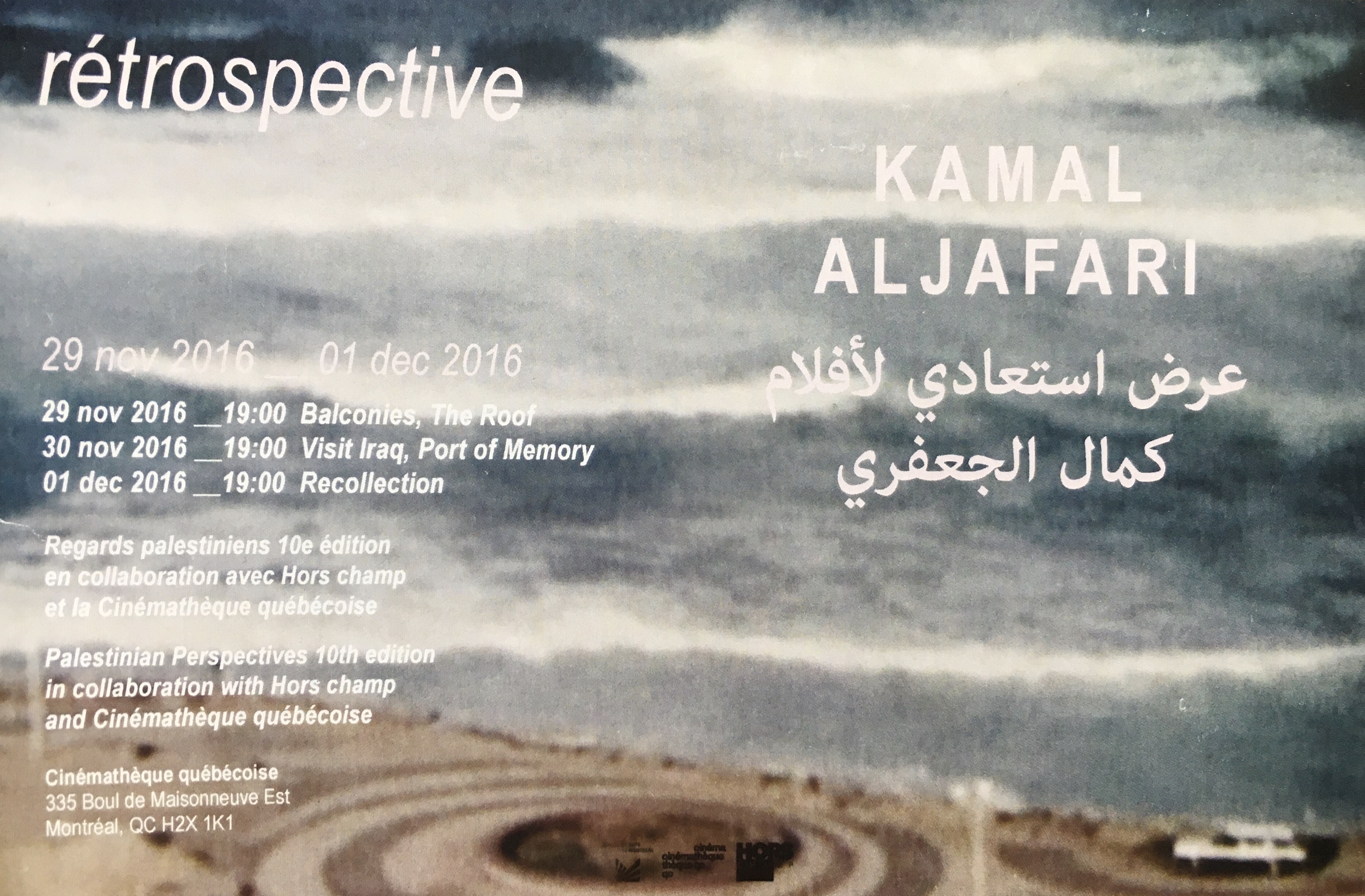
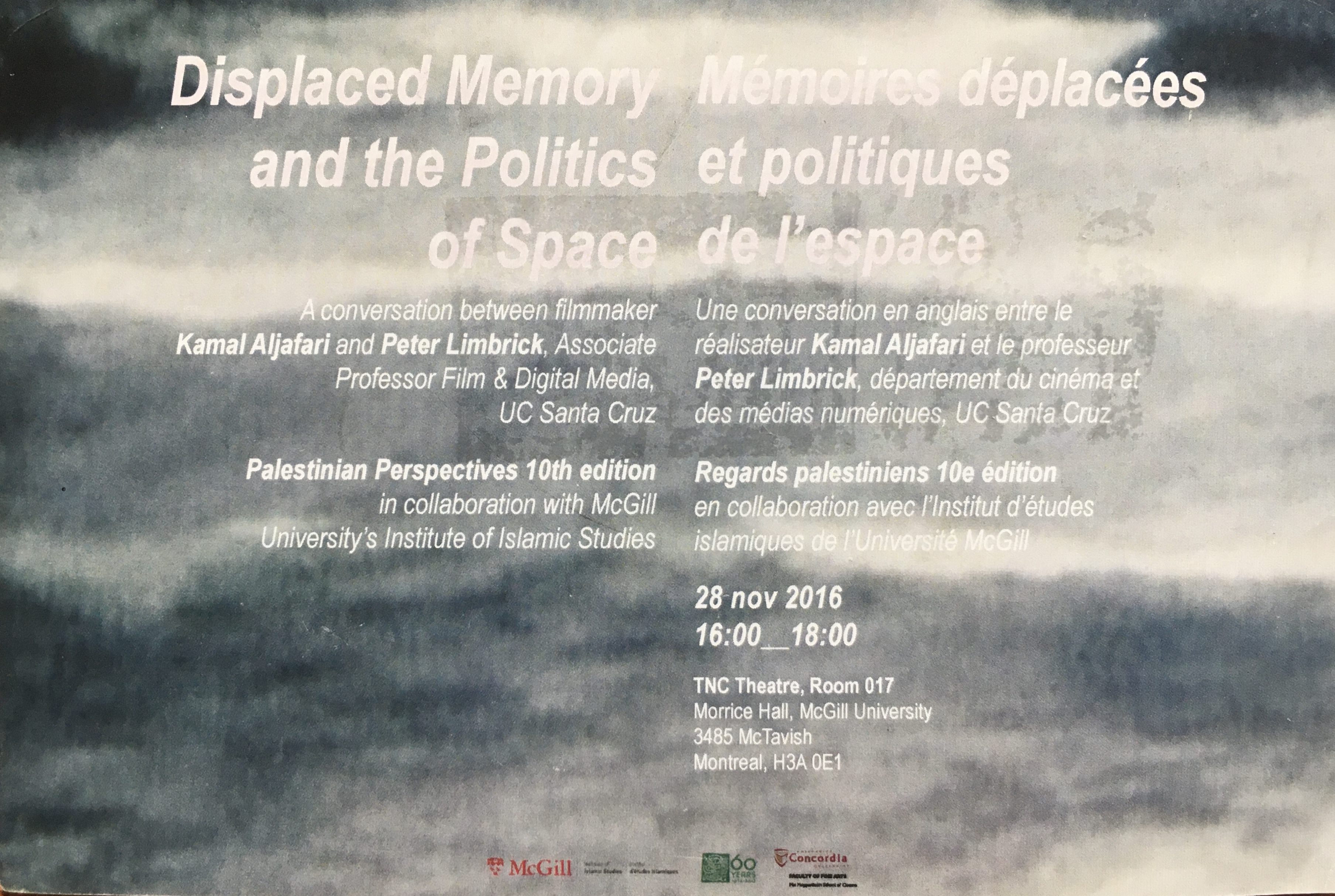

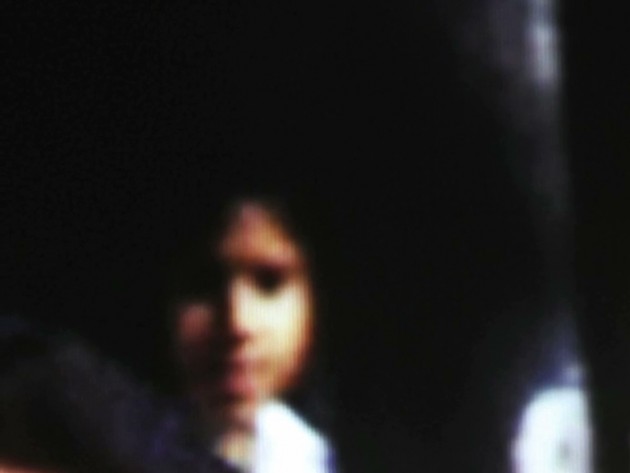
Retrospective on Kamal Aljafari work at the Cinématèque Québécoise, in Montreal.
︎︎︎Kamal Aljafari, Off Screen
︎︎︎Rètrospective Kamal Aljafari, Revue Séquences
Writings about the retrospective:
01 Farah Atoui
S’approprier, re-monter, effacer, s’approcher
La puissance de transformation du cinéma dans Recollection de Kamal Aljafari ︎︎︎S’approprier, re-monter, effacer, s’approcher, Hors Champ
02 Nour Ouayda
Le cinéma comme pays
Ou l’acte cinématographique comme réappropriation d’un territoire contesté dans “Recollection”
︎︎︎Le cinéma comme pays, Hors Champ
03 Nour Ouayda
Lettre pour une entrevue avortée
︎︎︎Lettre pour une entrevue avortée, Hors Champ
04 Viviane Saglier
La circulation des images palestiniennes
︎︎︎La circulation des images palestiniennes, Hors Champ
︎︎︎Kamal Aljafari, Off Screen
︎︎︎Rètrospective Kamal Aljafari, Revue Séquences
Writings about the retrospective:
01 Farah Atoui
S’approprier, re-monter, effacer, s’approcher
La puissance de transformation du cinéma dans Recollection de Kamal Aljafari ︎︎︎S’approprier, re-monter, effacer, s’approcher, Hors Champ
02 Nour Ouayda
Le cinéma comme pays
Ou l’acte cinématographique comme réappropriation d’un territoire contesté dans “Recollection”
︎︎︎Le cinéma comme pays, Hors Champ
03 Nour Ouayda
Lettre pour une entrevue avortée
︎︎︎Lettre pour une entrevue avortée, Hors Champ
04 Viviane Saglier
La circulation des images palestiniennes
︎︎︎La circulation des images palestiniennes, Hors Champ
09
LSFF –– London Short Film Festival
RECOLLECTIVE RESISTANCE
January 19th 2020
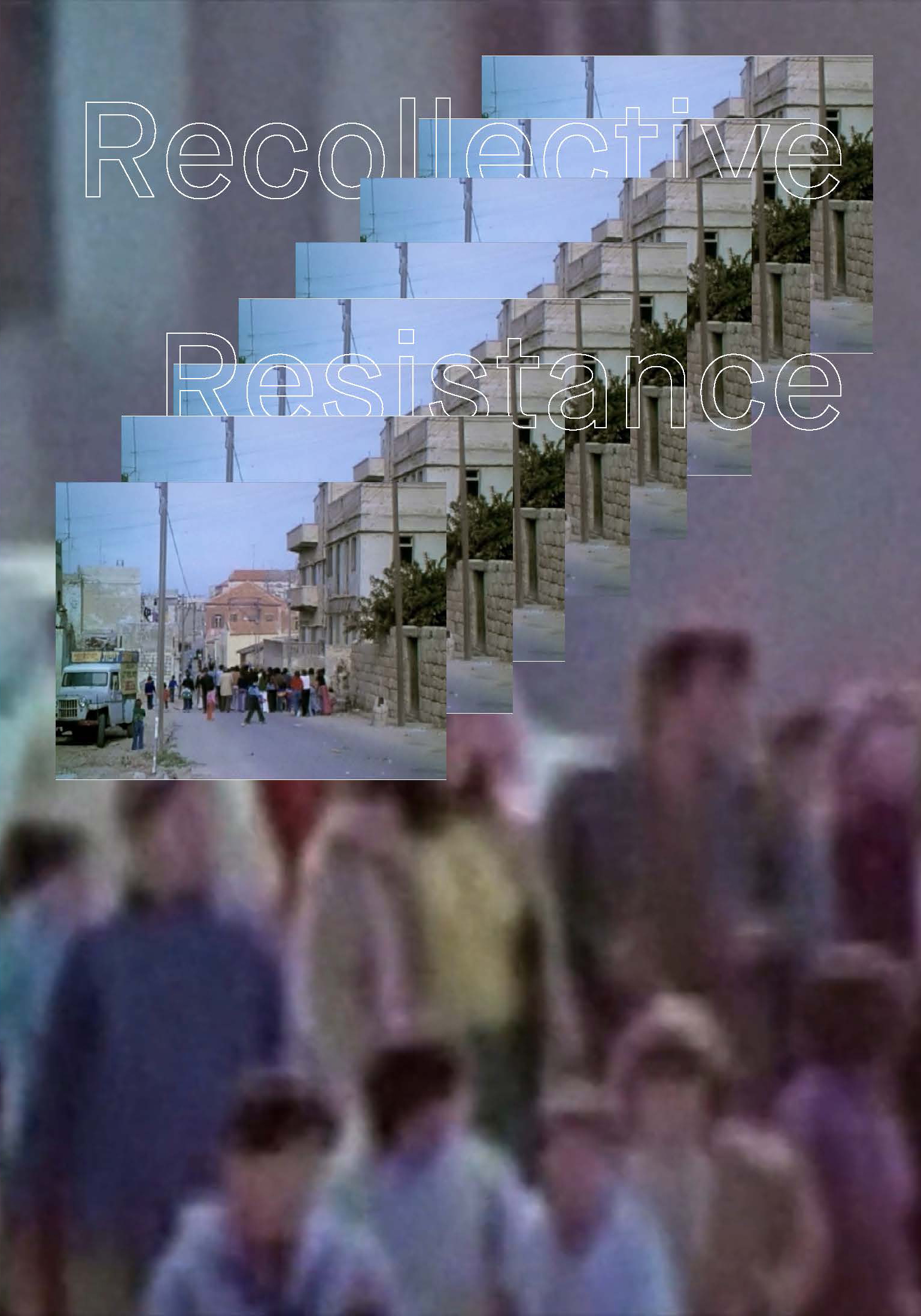
Recollective Resistance is a collection of essays emerged from a trio of films made by Kamal Aljafari, The Roof (2006), Port of memory (2009) and Recollection (2015), the last two films being presented at the London Short Film Festival - LSFF.
︎︎︎Recollective Resistance, London Short Film Festival [PDF]
︎︎︎Recollective Resistance, London Short Film Festival [PDF]
08
Kunsthal Charlottenborg
AN AGE OF OUR OWN MAKING
September 16th to January15th 2017
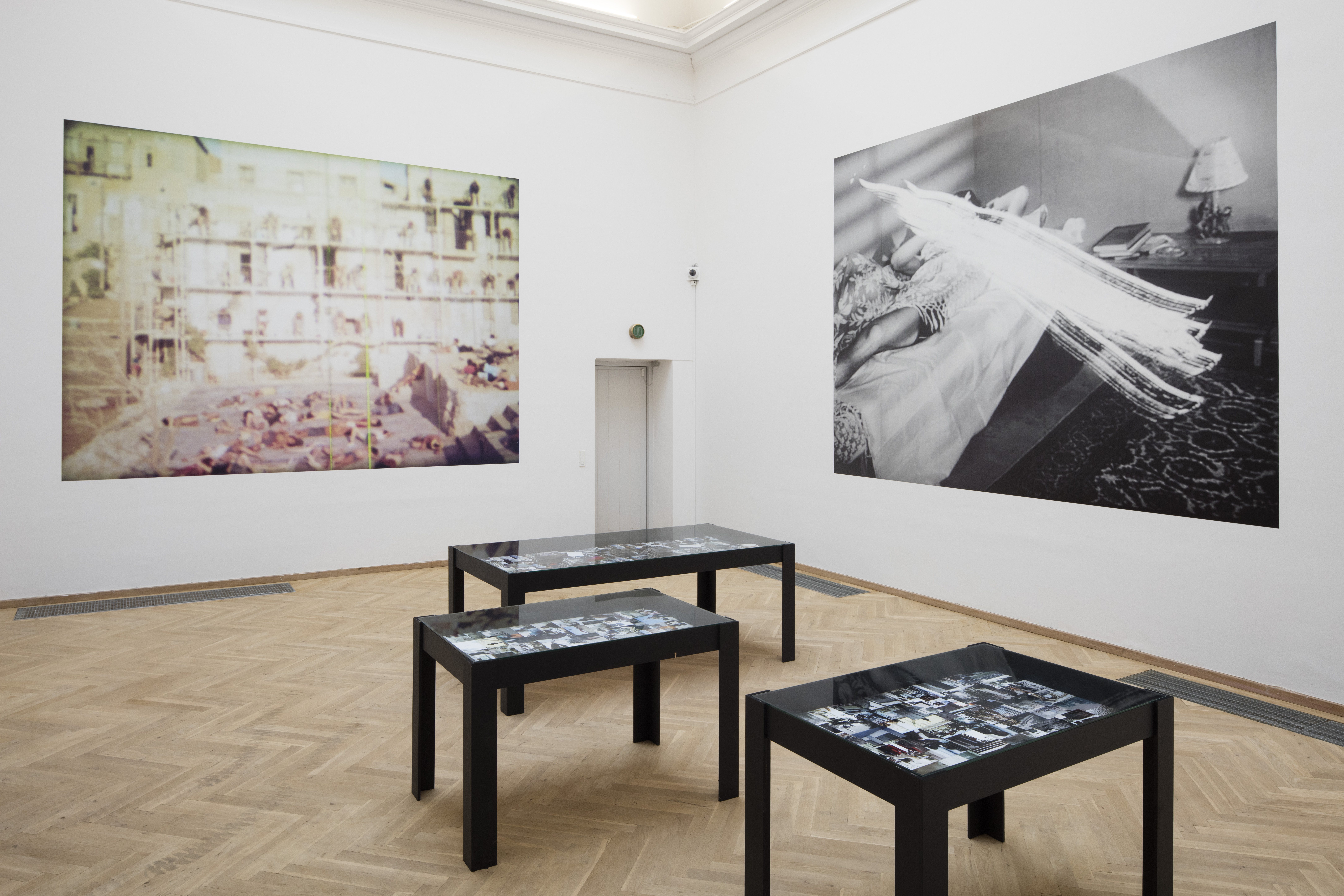

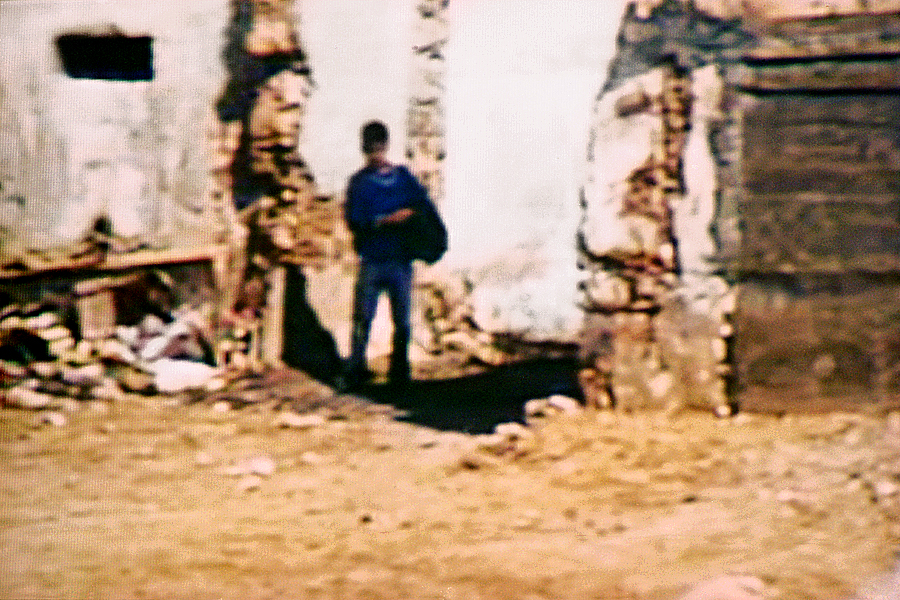
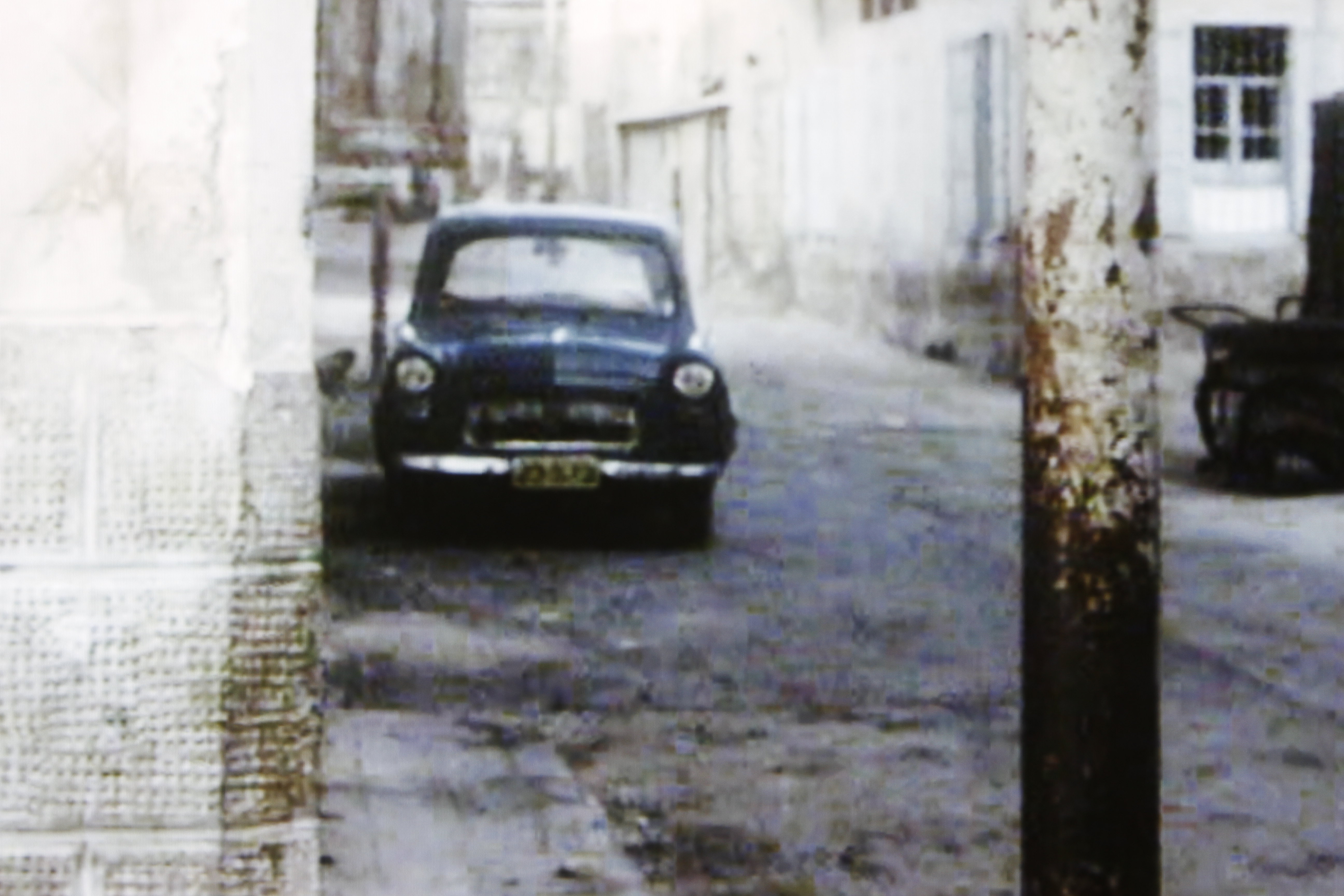
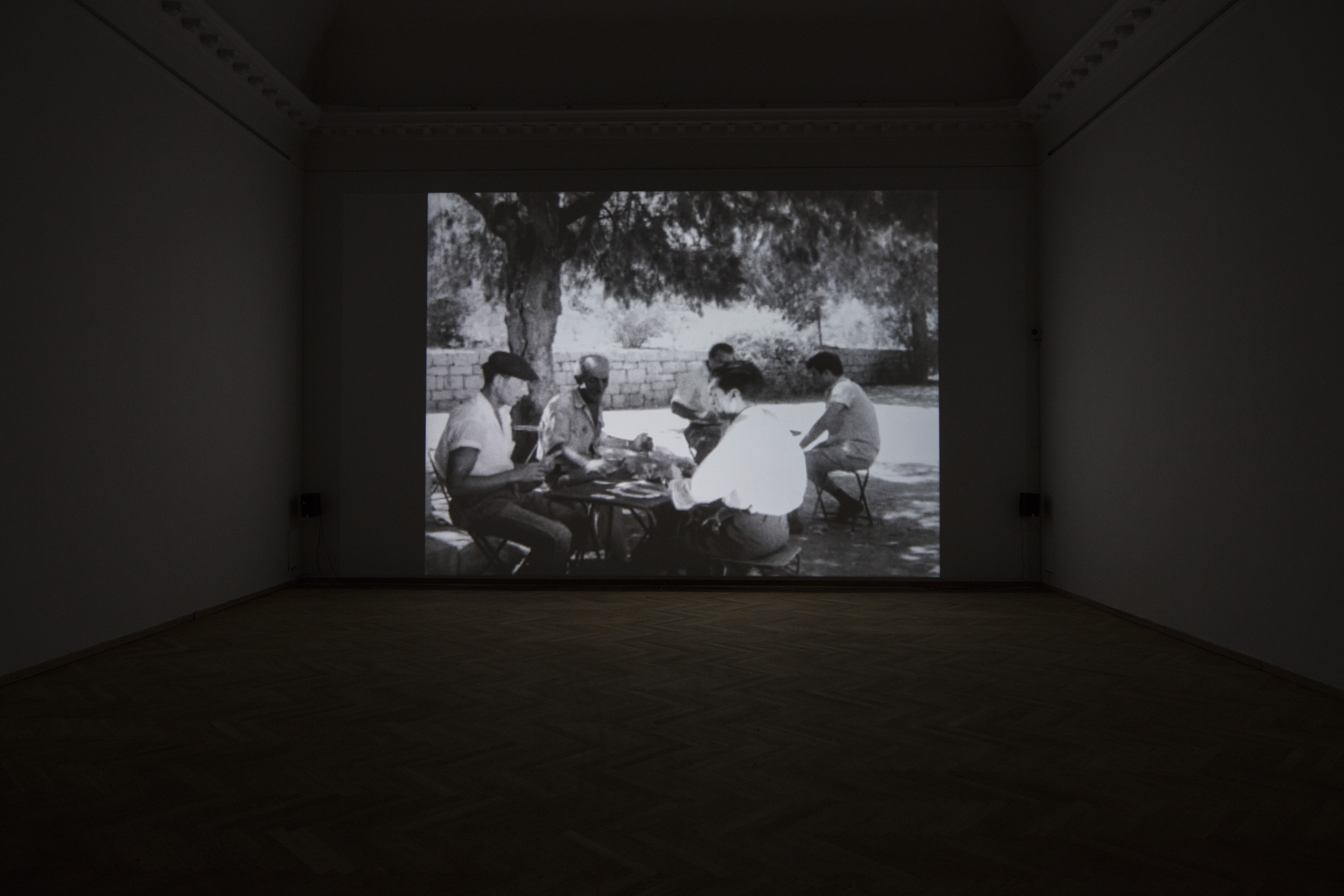
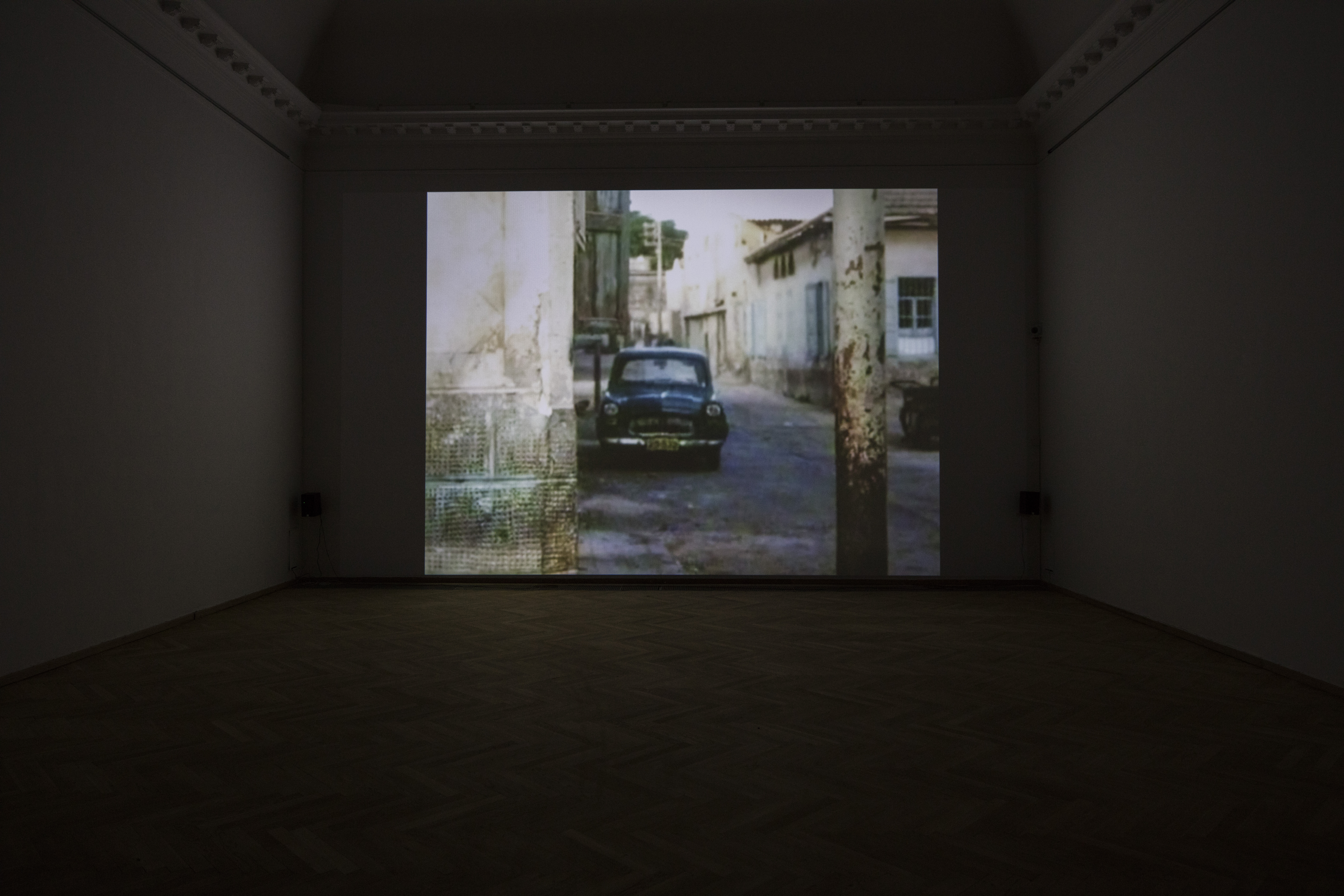

Art, activism and citizenship. An Age of Our Own Making was the main exhibition during 2017 at Kunsthal Charlottenborg, entitled An Age of Our Own Making, presents installations and performances from a number of international artists as part of the cultural event IMAGES 16.
With their works and activistic strategies, the artists examine how shaping or claiming the public space is a form of citizenship. The exhibition not only takes place within Kunsthal Charlottenborg’s exhibition halls, but also spills out into the urban space with Ibrahim Mahama’s spectacular collage of African jute sacks on our façade facing Nyhavn.
An Age of Our Own Making also includes a film premiere, artist presentations, readings and performances by the participating artists: Kamal Aljafari, Moshekwa Langa, Tita Salina and Irwan Ahmett, and Ibrahim Mahama.
In the exhibition, Lorenzo Sandoval furthermore creates an editor’s room, where you can immerse yourself in the ideas behind An Age of Our Own Making.
An Age of Our Own Making is a three-part exhibition, taking place from May 2016 to January 2017 in Holbæk, Roskilde and Copenhagen respectively. The exhibition series is curated by Solvej Helweg Ovesen and Bonaventure Soh Bejeng Ndikung and realised by the municipality of Holbæk.
Read more about:
︎︎︎An Age of Our Own Making
With their works and activistic strategies, the artists examine how shaping or claiming the public space is a form of citizenship. The exhibition not only takes place within Kunsthal Charlottenborg’s exhibition halls, but also spills out into the urban space with Ibrahim Mahama’s spectacular collage of African jute sacks on our façade facing Nyhavn.
An Age of Our Own Making also includes a film premiere, artist presentations, readings and performances by the participating artists: Kamal Aljafari, Moshekwa Langa, Tita Salina and Irwan Ahmett, and Ibrahim Mahama.
In the exhibition, Lorenzo Sandoval furthermore creates an editor’s room, where you can immerse yourself in the ideas behind An Age of Our Own Making.
An Age of Our Own Making is a three-part exhibition, taking place from May 2016 to January 2017 in Holbæk, Roskilde and Copenhagen respectively. The exhibition series is curated by Solvej Helweg Ovesen and Bonaventure Soh Bejeng Ndikung and realised by the municipality of Holbæk.
Read more about:
︎︎︎An Age of Our Own Making
07
Ardèche Images
FRAGMENT OF A FILMMAKER’S WORK: KAMAL ALJAFARI
August 27th 2016
Ten years ago, we screened at Lussas the first feature-length film by Kamal Aljafari, a Palestinian filmmaker now living in Germany. With The Roof (2006), he began exploring his history, a Palestinian history. The problems of confiscated territory and obscured past became those of his cinema, and the exploration of this cinematographic terrain allowed him to differently appropriate the memory of places. After this first return to Jaffa and Ramla, Kamal Aljafari once again represented his family in Port of Memory (2009). The Israeli occupation and the invisibility of Palestinian presence even within Israeli cinema are a form of confiscation of the imagination. Aljafari's cinema is an attempt to regain the possibility of imagining, to reappropriate fiction, in other words the possibility of inventing one’s own narrative. Recollection (2015) continues digging this cinematographic hypothesis: how can we return to haunt and populate space in a troubling, feverish dream?
︎︎︎Interview: Fragment of a filmmaker’s work: Kamal Aljafari in conversation with Christophe Postic
︎︎︎Fragment d’une oeuvre: Kamal Aljafari, Christophe Postic [PDF]
︎︎︎Interview: Fragment of a filmmaker’s work: Kamal Aljafari in conversation with Christophe Postic
︎︎︎Fragment d’une oeuvre: Kamal Aljafari, Christophe Postic [PDF]
06
Harvard Film Archive
AN EVENING WITH KAMAL ALJAFARI
April 2016
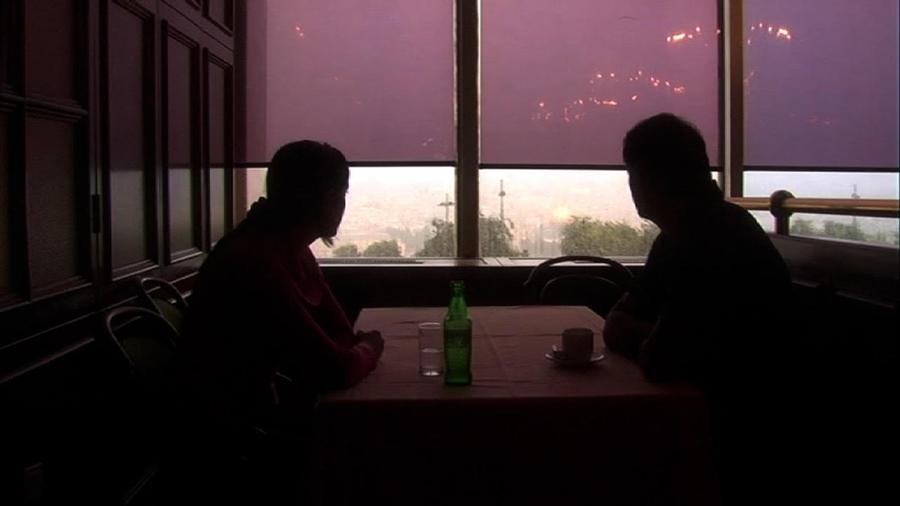
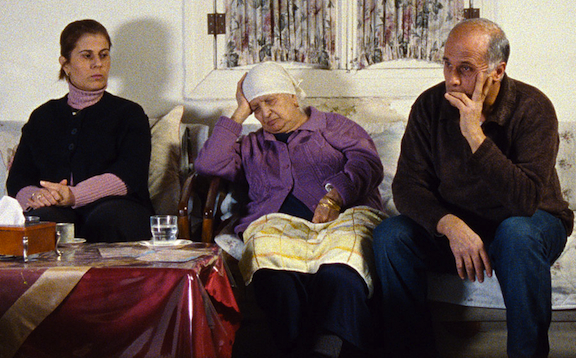
The haunting films of Kamal Aljafari (b. 1972) mix documentary, fiction and personal memoir to render complex portraits of the Palestinian communities in Ramleh and Jaffa, now part of Israel. While providing a rare look at the everyday lives of Palestinian Israelis, the films are more than simply sociopolitical treatises of often-overlooked communities and neighborhoods in danger of dissolving. Aljafari instead astutely balances fiction and nonfiction to capture the fragile rhythms of lives lived in a kind of permanent displacement and the strange limbo of neighborhoods subtly yet inexorably transforming. Although the Ramleh and Jaffa depicted in Aljafari’s films have managed to avoid the raw hardships of life in the occupied territories, they cannot avoid the paradoxes of the occupation itself, filed as they are with lives and buildings frozen in time even as they are part of the Israeli present. Pointedly political, Aljafari’s films wonderfully embed their ideology into a cinematic poetry graced by light humor.
Aljafari has established an international reputation not only with his films but also with gallery shows exhibited around the world. A graduate of the Academy of Media Arts in Cologne, this year he has been based at Harvard as a Film Study Center-Radcliffe Fellow. He has an installation opening on April 28th at the Radcliffe Gallery entitled “Not Without Me.”
The haunting films of Kamal Aljafari (b. 1972) mix documentary, fiction and personal memoir to render complex portraits of the Palestinian communities in Ramleh and Jaffa, now part of Israel. While providing a rare look at the everyday lives of Palestinian Israelis, the films are more than simply sociopolitical treatises of often-overlooked communities and neighborhoods in danger of dissolving. Aljafari instead astutely balances fiction and nonfiction to capture the fragile rhythms of lives lived in a kind of permanent displacement and the strange limbo of neighborhoods subtly yet inexorably transforming. Although the Ramleh and Jaffa depicted in Aljafari’s films have managed to avoid the raw hardships of life in the occupied territories, they cannot avoid the paradoxes of the occupation itself, filed as they are with lives and buildings frozen in time even as they are part of the Israeli present. Pointedly political, Aljafari’s films wonderfully embed their ideology into a cinematic poetry graced by light humor.
︎︎︎An Evening With Kamal Aljafari, Harvard Film Archive
PROGRAM
Port of Memory (Mina alzakira)
Directed by Kamal Aljafari.
Germany/France, 2009, 35mm, color, 62 min.
Arabic and Hebrew with English subtitles.
The history of the town of Jaffa, a thriving port city now part of Tel Aviv, provides the background for Aljafari’s most recent film, centering on his mother’s family at risk of eviction if they can’t find proof that the house they have lived in for decades belongs to them. Their predicament is rendered with Aljafari’s usual subtlety, as well as deadpan humor and dark wit. This skeletal narrative provides the scaffolding for a portrait of life in what was once a bustling neighborhood that was nearly emptied by fighting during the establishment of the state of Israel, and then suffered decades of official neglect. In the meantime, Jaffa was often used as a location for action adventure movies featuring the likes of Chuck Norris. While these films used the city as a generically exotic location, they have now become, in a neat bit of irony, the source of documentary images of the city as it was.
The Roof (Alsateh)
Directed by Kamal Aljafari.
Germany, 2006, video, color, 61 min.
Arabic and Hebrew with English subtitles.
This deceptively quiet film presents a portrait of Aljafari’s family in Ramleh and Jaffa that hovers between documentary and cinematic memoir, guided by a nimble camera moving calmly but ceaselessly around the rooms of homes inhabited, damaged and ruined. The title refers to the roof missing from the house where Aljafari’s family resettled in 1948, a home unfinished, an incomplete construction project. The use of stillness and off-screen space creates a sense of suspension, of time spent waiting, of aftermath, of lives lived elsewhere. Aljafari’s striking use of his “cast,” his family, reveals the influence of Bresson’s use of nonprofessional actors as models whose performances emanate from their presence, not from acting.
This screening is co-presented with Boston Palestine Film Festival and the Film Study Center, Harvard.
Aljafari has established an international reputation not only with his films but also with gallery shows exhibited around the world. A graduate of the Academy of Media Arts in Cologne, this year he has been based at Harvard as a Film Study Center-Radcliffe Fellow. He has an installation opening on April 28th at the Radcliffe Gallery entitled “Not Without Me.”
The haunting films of Kamal Aljafari (b. 1972) mix documentary, fiction and personal memoir to render complex portraits of the Palestinian communities in Ramleh and Jaffa, now part of Israel. While providing a rare look at the everyday lives of Palestinian Israelis, the films are more than simply sociopolitical treatises of often-overlooked communities and neighborhoods in danger of dissolving. Aljafari instead astutely balances fiction and nonfiction to capture the fragile rhythms of lives lived in a kind of permanent displacement and the strange limbo of neighborhoods subtly yet inexorably transforming. Although the Ramleh and Jaffa depicted in Aljafari’s films have managed to avoid the raw hardships of life in the occupied territories, they cannot avoid the paradoxes of the occupation itself, filed as they are with lives and buildings frozen in time even as they are part of the Israeli present. Pointedly political, Aljafari’s films wonderfully embed their ideology into a cinematic poetry graced by light humor.
︎︎︎An Evening With Kamal Aljafari, Harvard Film Archive
PROGRAM
Port of Memory (Mina alzakira)
Directed by Kamal Aljafari.
Germany/France, 2009, 35mm, color, 62 min.
Arabic and Hebrew with English subtitles.
The history of the town of Jaffa, a thriving port city now part of Tel Aviv, provides the background for Aljafari’s most recent film, centering on his mother’s family at risk of eviction if they can’t find proof that the house they have lived in for decades belongs to them. Their predicament is rendered with Aljafari’s usual subtlety, as well as deadpan humor and dark wit. This skeletal narrative provides the scaffolding for a portrait of life in what was once a bustling neighborhood that was nearly emptied by fighting during the establishment of the state of Israel, and then suffered decades of official neglect. In the meantime, Jaffa was often used as a location for action adventure movies featuring the likes of Chuck Norris. While these films used the city as a generically exotic location, they have now become, in a neat bit of irony, the source of documentary images of the city as it was.
The Roof (Alsateh)
Directed by Kamal Aljafari.
Germany, 2006, video, color, 61 min.
Arabic and Hebrew with English subtitles.
This deceptively quiet film presents a portrait of Aljafari’s family in Ramleh and Jaffa that hovers between documentary and cinematic memoir, guided by a nimble camera moving calmly but ceaselessly around the rooms of homes inhabited, damaged and ruined. The title refers to the roof missing from the house where Aljafari’s family resettled in 1948, a home unfinished, an incomplete construction project. The use of stillness and off-screen space creates a sense of suspension, of time spent waiting, of aftermath, of lives lived elsewhere. Aljafari’s striking use of his “cast,” his family, reveals the influence of Bresson’s use of nonprofessional actors as models whose performances emanate from their presence, not from acting.
This screening is co-presented with Boston Palestine Film Festival and the Film Study Center, Harvard.
05
Beirut Art Center
AFTERCINEMA
May 20th to August 21st 2015
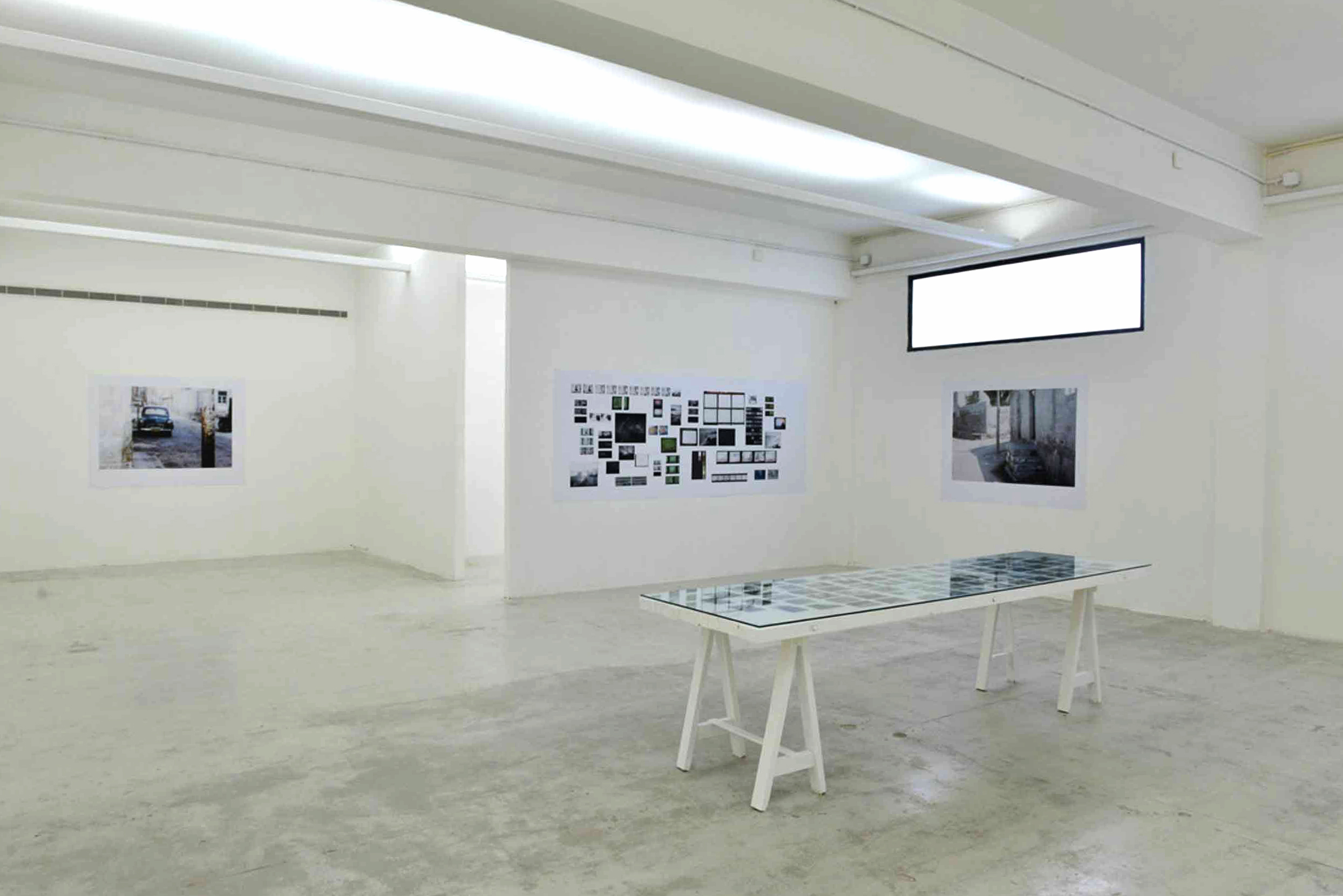
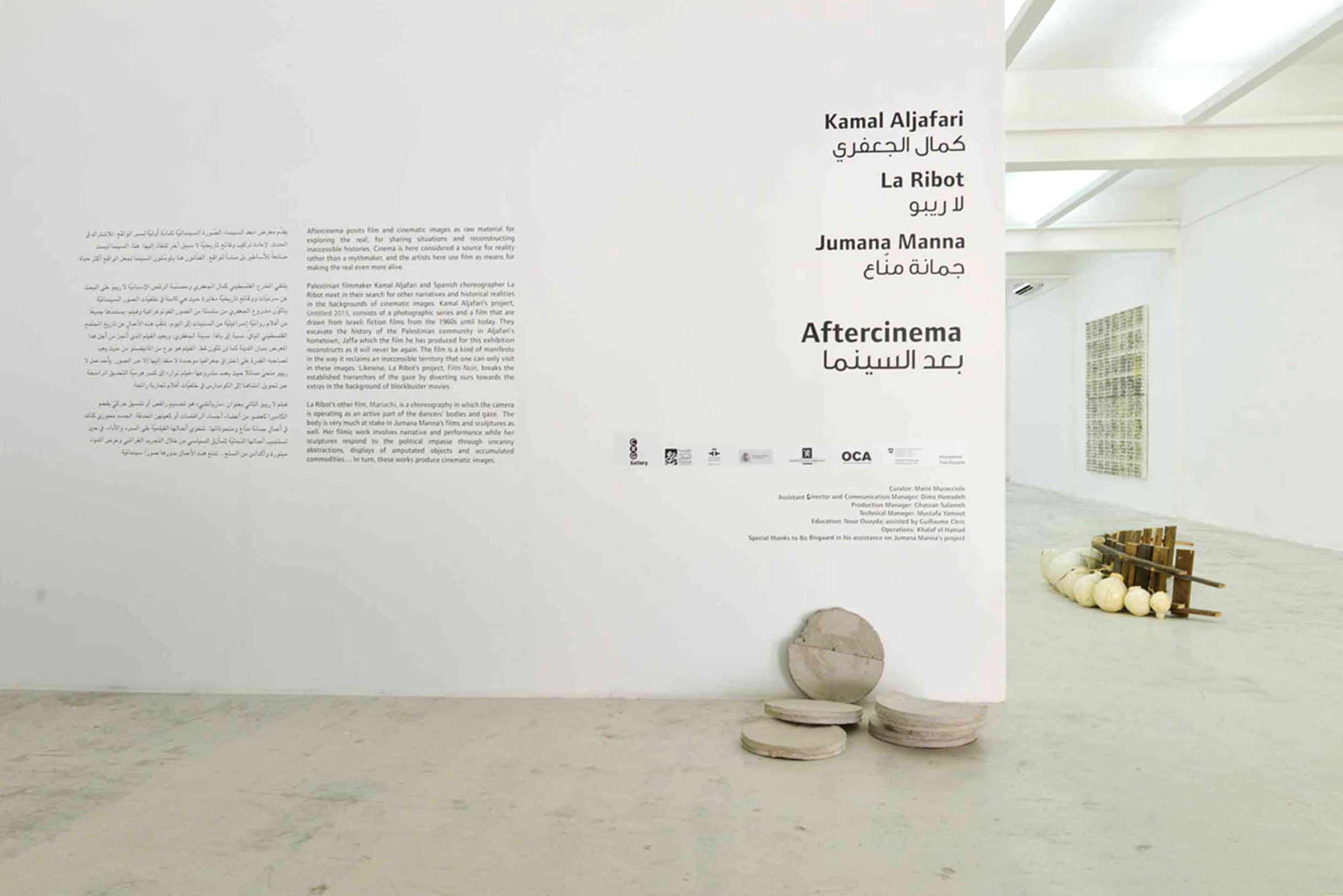
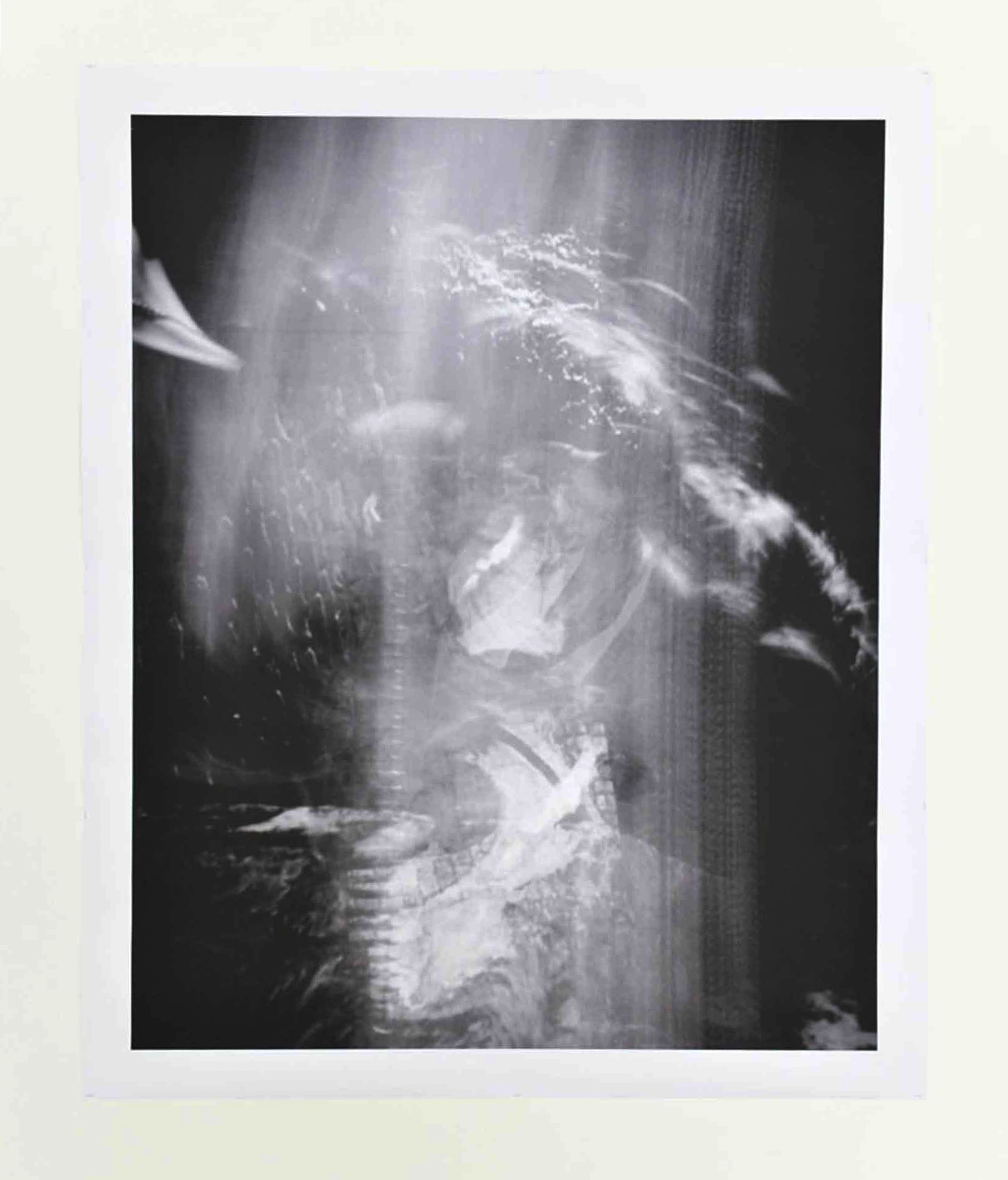
Beirut Art Center presents Aftercinema, an exhibition that revolves around utilizing film and cinematic images as raw material for exploring, reconstructing and sharing inaccessible histories. The title, Aftercinema, does not suggest a temporal succession to a moment in cinematic production in order to deem it past, but rather reflects a common preoccupation among the artists with what is at the back of the image, on its sides or in the margins. There, life takes a different course and shapes our perception in a way that does not show in the foreground.
Aftercinema offers its own interpretation of Jean Luc-Godard’s statement: “Cinema is not a reproduction of reality, it is the forgetfulness of reality. But if someone records this forgetfulness, remembering is then possible and perhaps it would allow us to achieve the real.” It does not look at films with the intention of knowing how they were made, but in order to measure their potential effect on us and on our lives. In The Remembered Film, the artist Victor Burgin examined the kaleidoscope of film sequences that our memory carries across our perceptions and thoughts in the course of our daily life. The exhibition takes one step further, and looks at the way films could be a vehicle for making the real even more alive. The public will walk in a space that is neither a white cube, nor a black box, where cinema is present not as a fabricator of myths, but in the way it reveals reality. Cinema here is a means to rearrange memory: to share perceptions and reconstructions of life, to share oblivion and record it. While bringing together three extremely different artistic practices, this exhibition is the meeting point where the artists explore the way specific films reorganize the processes of remembrance and the effect it has on the real.
Jumana Manna develops three-dimensional and solid spatial “projections”, namely sculptures, inspired by one of her videos, Blessed Blessed Oblivion. Kamal Aljafari’s project consists of a photographic series, a film and a book, drawn from existing feature films, taking us back to the history of his hometown, Jaffa, and making an Album of the Palestinian Community. La Ribot makes social and choreographic commentary on certain feature films, by re-filming them using their secondary scenes in the background.
Aftercinema is with the support of Yola Noujaim and Anonymous.
︎︎︎Aftercinema, Beirut Art Center
Aftercinema offers its own interpretation of Jean Luc-Godard’s statement: “Cinema is not a reproduction of reality, it is the forgetfulness of reality. But if someone records this forgetfulness, remembering is then possible and perhaps it would allow us to achieve the real.” It does not look at films with the intention of knowing how they were made, but in order to measure their potential effect on us and on our lives. In The Remembered Film, the artist Victor Burgin examined the kaleidoscope of film sequences that our memory carries across our perceptions and thoughts in the course of our daily life. The exhibition takes one step further, and looks at the way films could be a vehicle for making the real even more alive. The public will walk in a space that is neither a white cube, nor a black box, where cinema is present not as a fabricator of myths, but in the way it reveals reality. Cinema here is a means to rearrange memory: to share perceptions and reconstructions of life, to share oblivion and record it. While bringing together three extremely different artistic practices, this exhibition is the meeting point where the artists explore the way specific films reorganize the processes of remembrance and the effect it has on the real.
Jumana Manna develops three-dimensional and solid spatial “projections”, namely sculptures, inspired by one of her videos, Blessed Blessed Oblivion. Kamal Aljafari’s project consists of a photographic series, a film and a book, drawn from existing feature films, taking us back to the history of his hometown, Jaffa, and making an Album of the Palestinian Community. La Ribot makes social and choreographic commentary on certain feature films, by re-filming them using their secondary scenes in the background.
Aftercinema is with the support of Yola Noujaim and Anonymous.
︎︎︎Aftercinema, Beirut Art Center
04
Conflict Alt Esc, Hebbel Am Ufer
EMERGENCY AS ROUTINE
November 2nd to 7th 2011

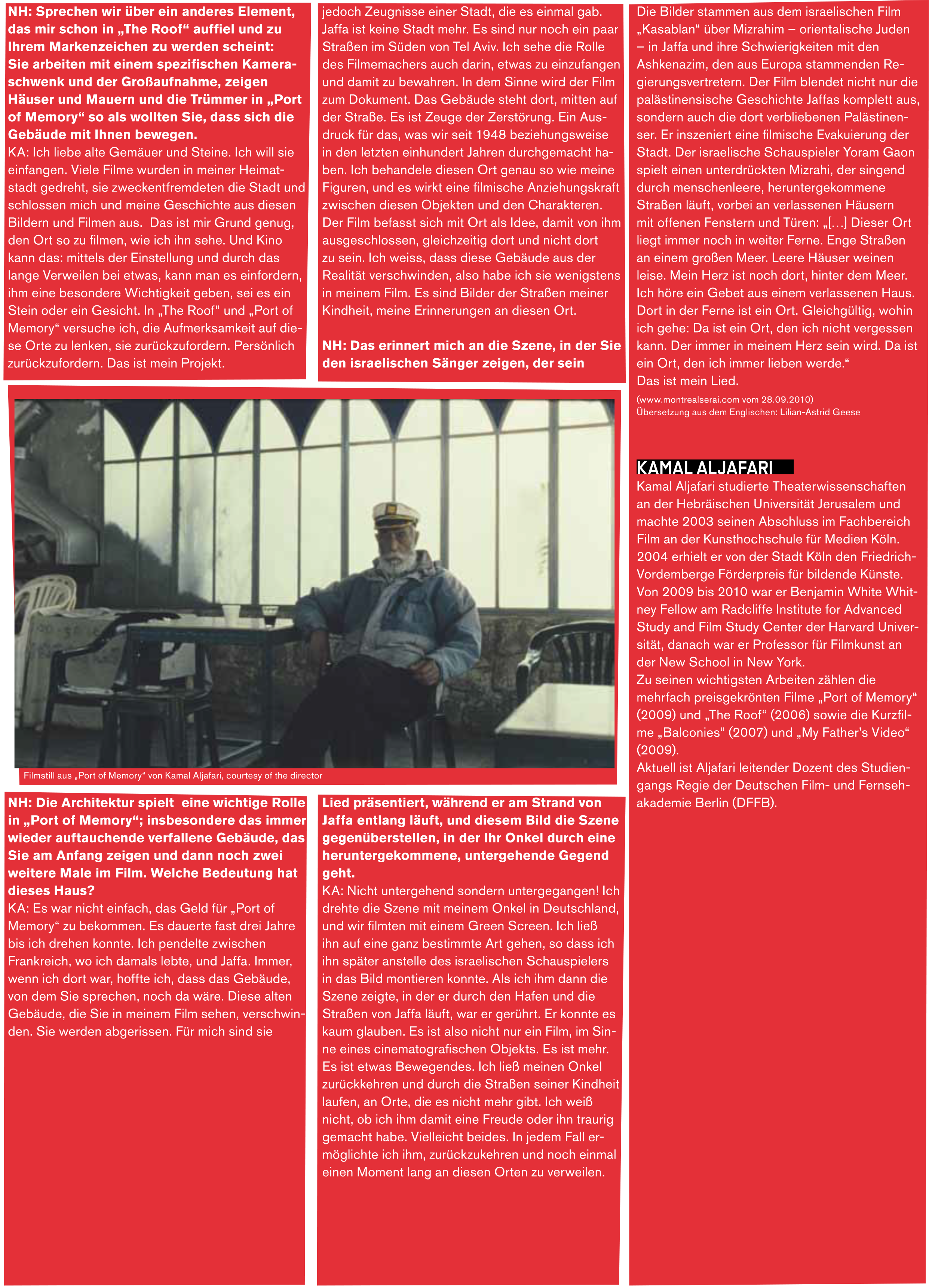

Interview made on the occasion of the screening of “Port of Memory” and the discussion with Kamal Aljafari, Ibtisam Azem and Dima El-Horr at Hebbel Am Hufer in November 2011.
︎︎︎Nasrin Himada im gespräch mit Kamal Aljafari, Conflict Alt Esc [PDF]
︎︎︎Nasrin Himada im gespräch mit Kamal Aljafari, Conflict Alt Esc [PDF]
03
Colgate University, Hamilton, NY
WITNESSES, MONUMENTS, RUINS
The 55th Roberto Flaherty Film Seminar
The 55th Roberto Flaherty Film Seminar
June 20th to 26th 2009
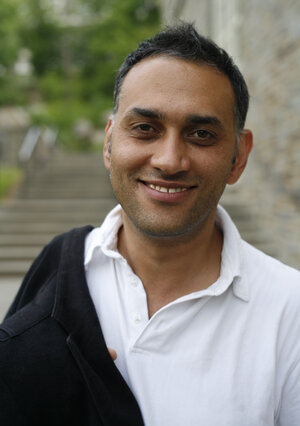
Work consumes our daily lives-as a means of survival, a badge of identity, and a lifelong source of joy and sorrow. Bringing together a wide range of films, videos, and installations by guests of varying backgrounds, methods, and philosophies, the 2010 Robert Flaherty Film Seminar will examine the ways in which artists depict and explore the daily rituals and larger implications of work as well as the changing nature of work and the workplace.
︎︎︎Featured Artists, 55th Robert Flaherty Film Seminar
︎︎︎Witnesses, Monuments, Ruins, 55th Robert Flaherty Film Seminar [PDF]
︎︎︎Featured Artists, 55th Robert Flaherty Film Seminar
︎︎︎Witnesses, Monuments, Ruins, 55th Robert Flaherty Film Seminar [PDF]
02
ACCA –– Australian Center for Contemporary Art, Melbourne
THE UNQUIET WORLD
May 27th to July 23rd 2006
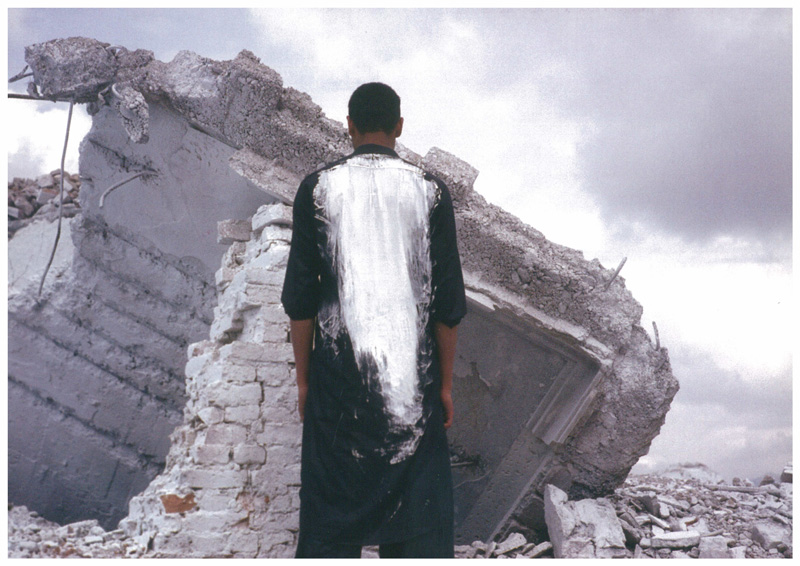
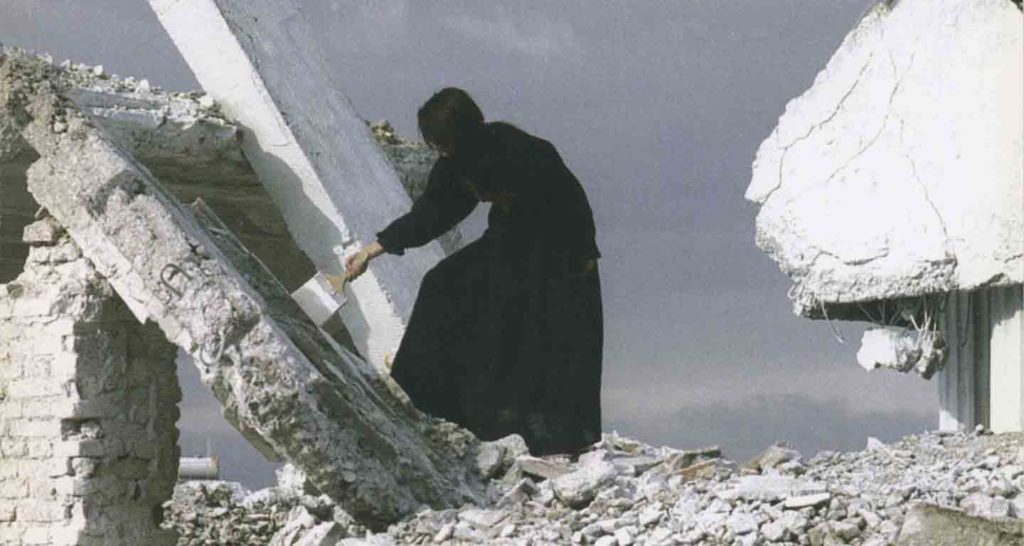
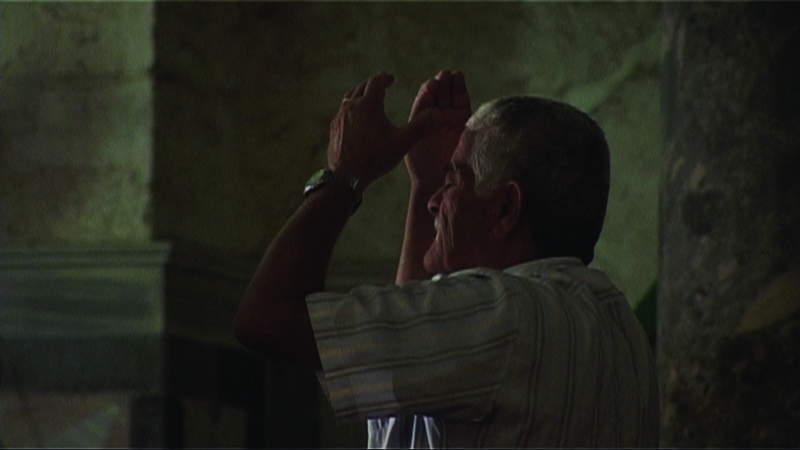
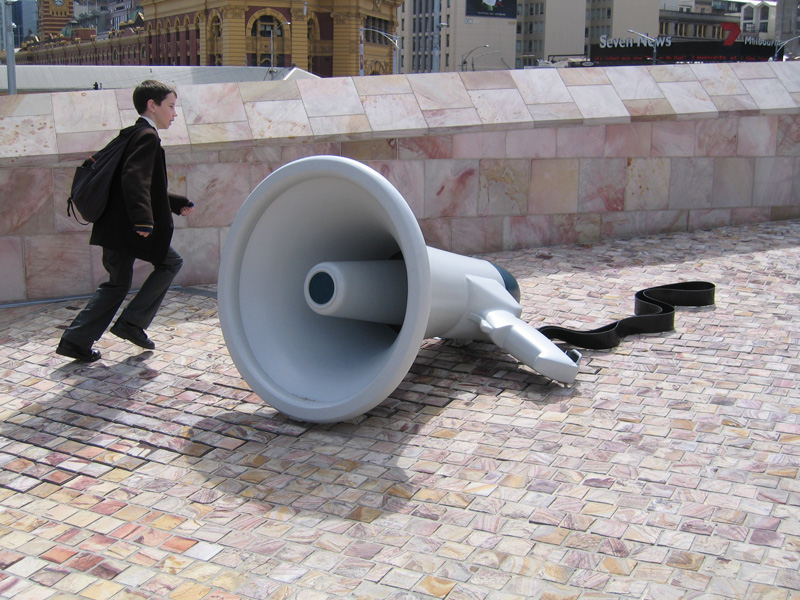
The mysterious closure of the Iraq Airline office in regional Switzerland…the bizarre dementia of those caught up in the Jerusalem syndrome…the ill wind that sweeps its way through the indigenous Tent City in Canberra…messages about the perils of everyday life in Iraq…
The Unquiet World was an exhibition of art from the world’s trouble spots. International artists reflected upon current and past disasters created by human intervention, and sometimes nature, to seek a sense of understanding during these unsettled times. Artists from Afghanistan to Belfast, the USA to Pakistan, from Australia to the world and back, delivered profound, moving and sometimes ironic insights on pressing contemporary issues.
Exhibiting Artists: Nathan Coley (Scotland), Jenny Holzer (USA), Lida Abdul (Afghanistan), Salam Pax (Iraq), Kamal Aljafari (Palestine), Ursula Biemann (Switzerland), Sandra Johnston (Belfast), Mutlu Çerkez, Marco Fusinato, Callum Morton, Susan Norrie, George Gittoes, Peter Tyndall, Louisa Bufardeci, Simon Perry, Michael Leunig, Marianne Baillieu
Commissioning Curator: Juliana Engberg
Coordinating Curator: Anna MacDonald
︎︎︎The Unquiet World, Juliana Engberg, ACCA
︎︎︎The Unquiet World, ACCA [PDF]
The Unquiet World was an exhibition of art from the world’s trouble spots. International artists reflected upon current and past disasters created by human intervention, and sometimes nature, to seek a sense of understanding during these unsettled times. Artists from Afghanistan to Belfast, the USA to Pakistan, from Australia to the world and back, delivered profound, moving and sometimes ironic insights on pressing contemporary issues.
Exhibiting Artists: Nathan Coley (Scotland), Jenny Holzer (USA), Lida Abdul (Afghanistan), Salam Pax (Iraq), Kamal Aljafari (Palestine), Ursula Biemann (Switzerland), Sandra Johnston (Belfast), Mutlu Çerkez, Marco Fusinato, Callum Morton, Susan Norrie, George Gittoes, Peter Tyndall, Louisa Bufardeci, Simon Perry, Michael Leunig, Marianne Baillieu
Commissioning Curator: Juliana Engberg
Coordinating Curator: Anna MacDonald
︎︎︎The Unquiet World, Juliana Engberg, ACCA
︎︎︎The Unquiet World, ACCA [PDF]
01
Kölnischer Kunstverein
WIR MÜSSEN HEUTE NOCH AN IHR VORSTELLUNGSVERMÖGEN APPELLIEREN…
2003
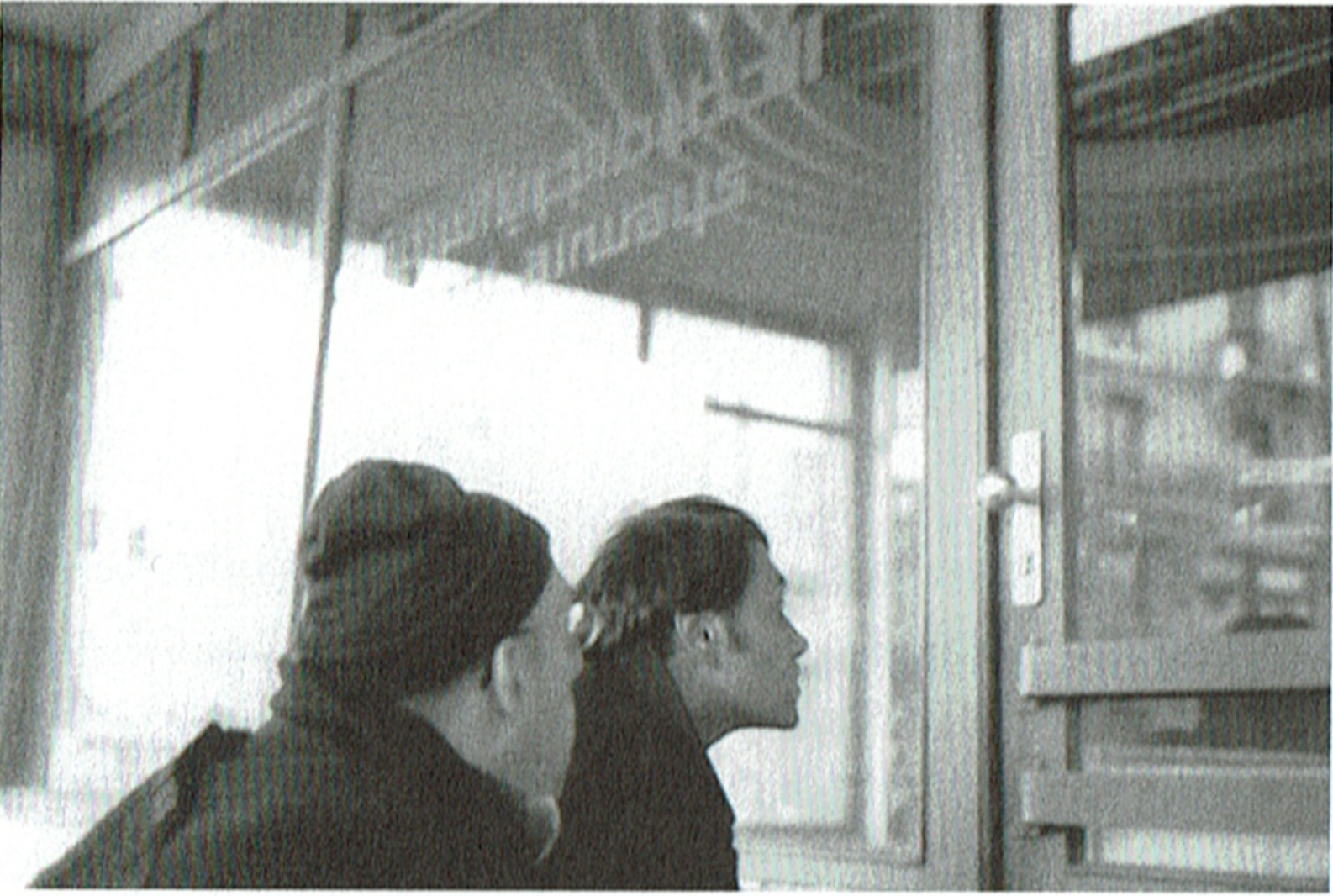
WIR MÜSSEN HEUTE NOCH AN IHR VORSTELLUNGSVERMÖGEN APPELLIEREN…
…um im Namen der Kunst vor- und rücksichtslos den Raum zu behaupten, in den Sie oder wir uns gedrängt haben. Mit welchem Recht fragen Sie jetzt sicherlich.
Kamal Aljafari, Cezary Bodzianowski, Josef Dabernig, Halt+Boring, Sanja Ivekovic, Thomas Kilpper, Július Koller, Jiri Kovanda, Josh Müller, Roman Ondák, Anatoly Osmolovsky, rasmus knud, Hans Schabus, Werner Würtinger, Heimo Zobernig.
Vor dem Hintergrund der Diskussionen um die Vergabe der „Brücke” an den Kölnischen Kunstverein thematisiert die Ausstellung Ansprüche, die Kunst erhebt, und stellt Fragen nach den Wirkungsmöglichkeiten und der gesellschaftlichen Relevanz von Kunst.
Kann Kunst der Imagination Freiräume für Ideen, Überzeugungen und Erkenntnisse öffnen, die wir noch gar nicht kennen? Welchen Raum braucht die Kunst, durch welche Qualitäten zeichnet er sich aus, welche Einflüsse übt er auf die Wahrnehmung, auf Denken und Handeln aus? Kann Kunst Widerstand gegen die Regime der Gewöhnung sein und Haltungen und Strategien entwickeln, die jeder kritiklosen Anpassung an vermeintliche Unabänderlichkeiten widersprechen?
︎︎︎Wir Müssen Heute Noch An Ihr Vorstellungsvermögen Appellieren…, Kathrin Rhomberg, Kölnischer Kunstverein
︎︎︎Wir Müssen Heute Noch An Ihr Vorstellungsvermögen Appellieren…, Kölnischer Kunstverein [PDF]
…um im Namen der Kunst vor- und rücksichtslos den Raum zu behaupten, in den Sie oder wir uns gedrängt haben. Mit welchem Recht fragen Sie jetzt sicherlich.
Kamal Aljafari, Cezary Bodzianowski, Josef Dabernig, Halt+Boring, Sanja Ivekovic, Thomas Kilpper, Július Koller, Jiri Kovanda, Josh Müller, Roman Ondák, Anatoly Osmolovsky, rasmus knud, Hans Schabus, Werner Würtinger, Heimo Zobernig.
Vor dem Hintergrund der Diskussionen um die Vergabe der „Brücke” an den Kölnischen Kunstverein thematisiert die Ausstellung Ansprüche, die Kunst erhebt, und stellt Fragen nach den Wirkungsmöglichkeiten und der gesellschaftlichen Relevanz von Kunst.
Kann Kunst der Imagination Freiräume für Ideen, Überzeugungen und Erkenntnisse öffnen, die wir noch gar nicht kennen? Welchen Raum braucht die Kunst, durch welche Qualitäten zeichnet er sich aus, welche Einflüsse übt er auf die Wahrnehmung, auf Denken und Handeln aus? Kann Kunst Widerstand gegen die Regime der Gewöhnung sein und Haltungen und Strategien entwickeln, die jeder kritiklosen Anpassung an vermeintliche Unabänderlichkeiten widersprechen?
︎︎︎Wir Müssen Heute Noch An Ihr Vorstellungsvermögen Appellieren…, Kathrin Rhomberg, Kölnischer Kunstverein
︎︎︎Wir Müssen Heute Noch An Ihr Vorstellungsvermögen Appellieren…, Kölnischer Kunstverein [PDF]

